Sage plants require warm temperatures and ample sunlight in order to produce a high essential oil content in the leaves Propagation Sage is usually propagated from seed, although both cuttings, divisions and air layering is also successfully practised The planting site should be warm, dry and protected from windSilver leaf disease causes leaves of woody trees and shrubs to turn silvery Roses, apples, peaches, plums, apricots, poplars, willows, and escallonia are commonly infected Infected branches die back and when the branch dies small fruiting bodies appear as brackets on the dead wood Silver Buttonwood Conocarpus erectus var sericeus is a great tree, shrub and hedge for Florida but Silver Buttonwood Pests Black Sooty Mold Disease Control inland Silver Buttonwood is a hardy evergreen tree known for its beautiful silvery leaves due to the silky hairs that cover the leaf surface, it can be found in most of South Florida and
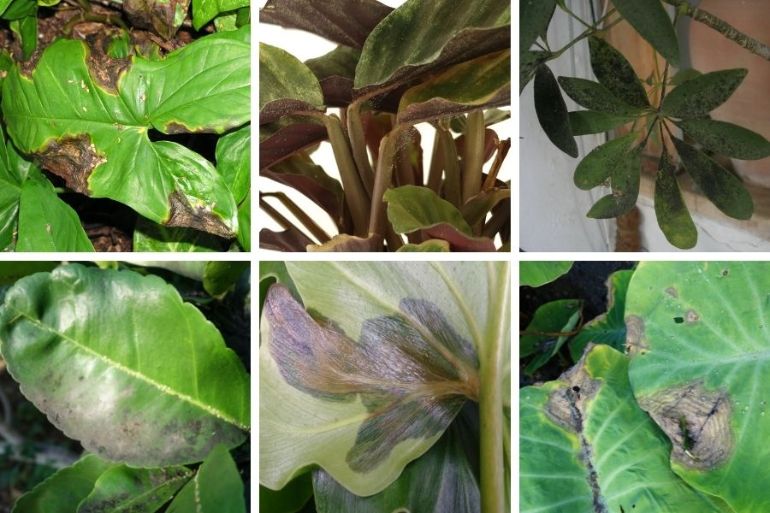
5 Causes Of Black Spots On Houseplant Leaves And Solutions Smart Garden Guide
Silver leaf plant disease
Silver leaf plant disease-Diseases The main disease risk is wet leaves or soil Excessive moisture opens the door to Leaf Spot, Botrytis, Southern Blight, and, most of all, root rot Prevention is the best medicine Pilea glauca doesn't require high humidity, so it isn't too hard to keep moisture at bay Silver Leaves Cynara cardunculus, or cardoon, is also known as an artichoke thistle It is a member of the sunflower family, and is native to Mediterranean climes The giant coarse toothed leaves are architectural in form, and incredibly dramatic A lot of that drama comes from the fact that those leaves are a very bright silvery gray
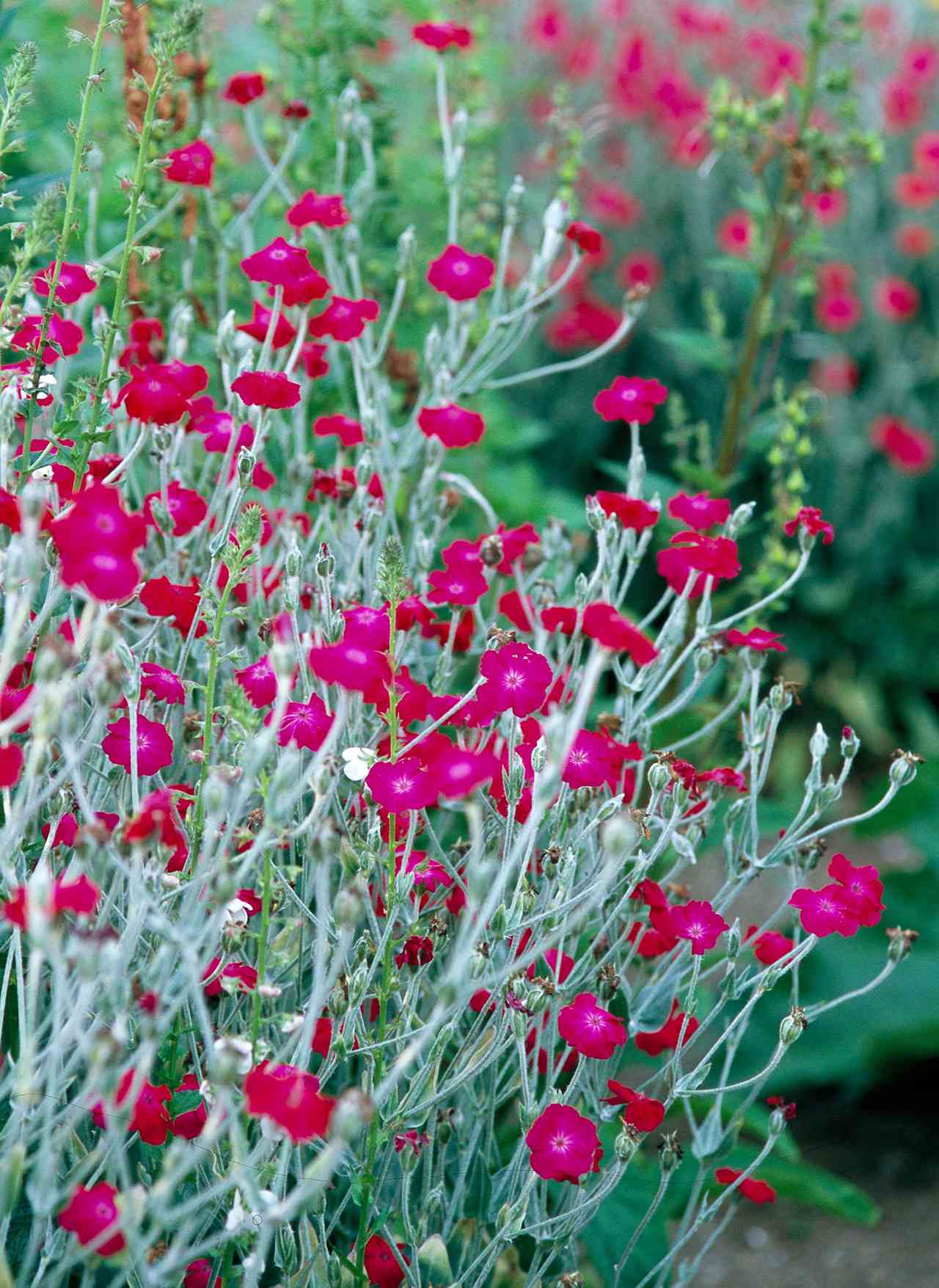



Best Silver Leaf Plants For Your Garden Better Homes Gardens
Silverleaf nightshade (better known in South Africa by its Afrikaans common name, satansbos), a plant indigenous to the southwestern USA and northern Mexico, has annual stems and a perennial, deep, spreading root system The silverygreen leaves have wavy margins, are often folded upwards along the midrib, and the whitish undersurface isOther plants which can be susceptible to silver leaf include currants, gooseberries, laburnums, poplars, rhododendrons, willows, silver birches, eucalypts and pears Infections are usually initiated between September and May when the fungal spores areYou may see the following symptoms On leaves Leaves develop a silvery sheen, especially noticeable in plums but less so in other trees Following the On branches When affected branches are cut across, an irregular dark stain may be seen in the centre, not necessarily On rhododendrons Long
SYMPTOMS OF SILVER LEAF DISEASE A silver sheen to some of the leaves Consider other causes if the majority of leaves have a silver sheen to them A Some branches may well die back You may or may not realise it but affected branches will be thoseBird's eye spot disease of tea leaves creates significant revenue loss in tea trade of many tea plant cultivating countries Management of this disease by silver (AgNps) and copper (CuNps) nanoparticles that are biosynthesised by efficient antagonists was studied Once infected, the characteristic symptom of silver leaf disease is a silvery sheen on the foliage This is caused by the fungal toxins in the sap stream being transported to the leaves and causing the leaf tissue to separate, giving the leaf a silvery appearance
For all these pests, the best prevention is a healthy plant! Only specific sections of the leaves are affected as downy mildew cannot pass across the major veins in the leaves As the disease progresses, a fuzzy mold grows on the lower leaves of the plant This can either be white, gray, or purple Interestingly, younger plants are more susceptible to this disease than mature plantsVaccinium corymbosum )Silver Leaf Cause Silver leaf is not new to the PNW as it has been a minor problem on stone fruit for many years It is a disease where the fungus, Chondrostereum purpureum, invades cut or wounded stems and limbs of a wide variety of plants
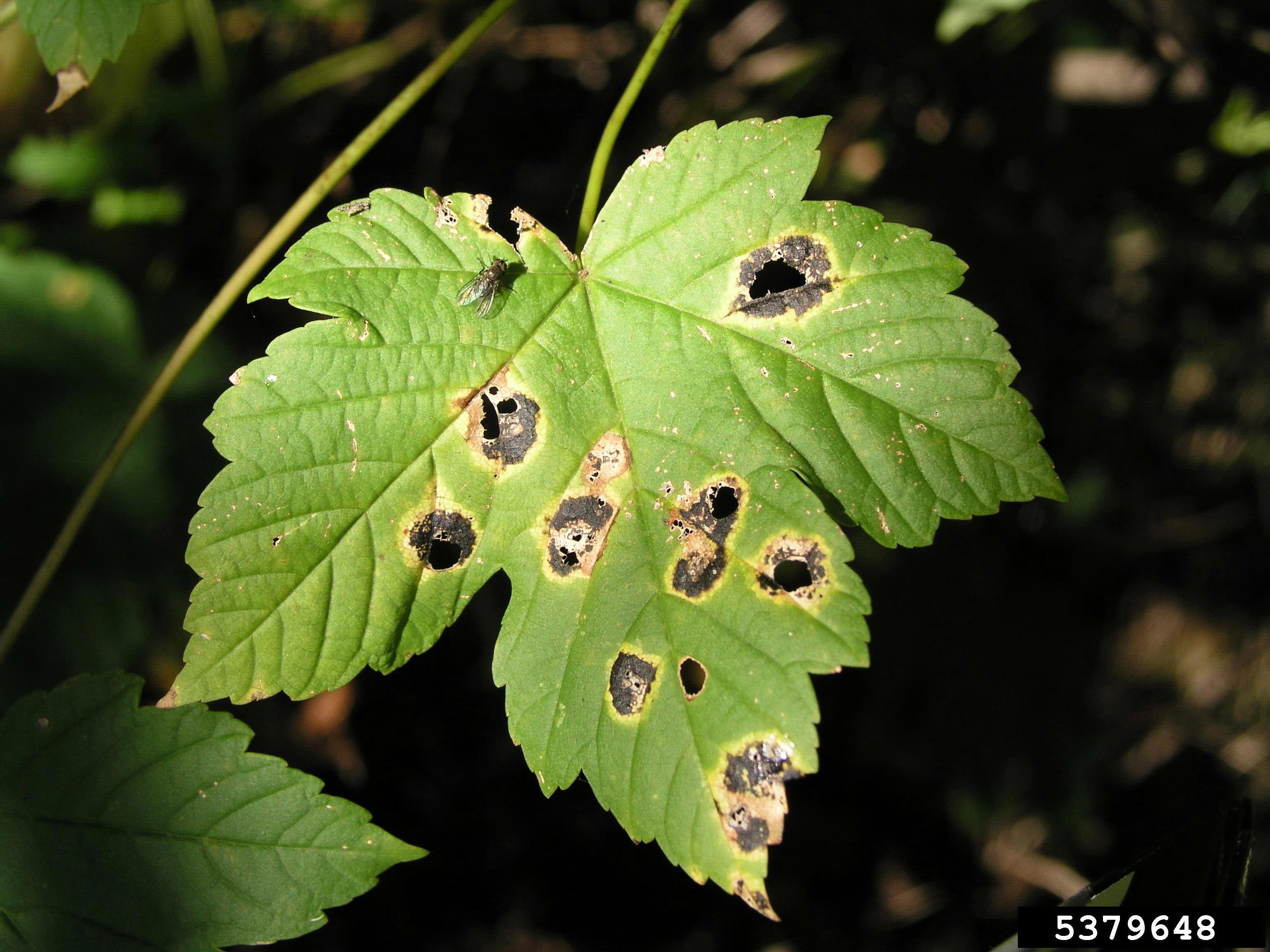



Maple Diseases Insect Pests Home Garden Information Center




Treating Pepper Leaf Spots Signs And Symptoms Of Bacterial Leaf Spot
Insects, Diseases, and Other Plant Problems No serious insect or disease problems though fungal leaf spot and rust may occur and spider mites can attack stressed plants Although technically a shrub, Elaeagnus pungens is capable of climbing and can attach to overhead trees ifSilver Leaf (Chondrostereum purpureum) Symptoms Leaves have a silvery appearance Infected branches have a brown discoloration in the heartwood Infected plants die within 13 yearsThe silver leaves are caused by a poison which the fungus releases that causes the outer cells on the leaf to separate resulting in the silvery sheen from which the disease gets its name The silver leaves are in no way infectious themselves




How To Identify Silver Leaf Disease
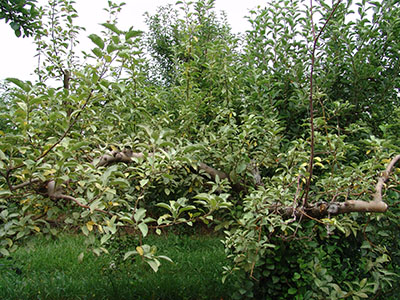



Silver Leaf Of Tree Fruits Msu Extension
) was prepared and used for the synthesis of silver nanoparticles 5mL of leaf extract of Avocado was added to 45mL of 5mM AgNO 3 solution for bioreduction process at room temperature in dark condition and allowed incubation for 24 hours a) Plant extract b) 5mM AgNO 3 solution c) Plant leaves extractAgNO 3 Fig2 Synthesis of silverPlant Guide SILVER MAPLE Acer saccharinum L Plant Symbol = ACS Contributed by USDA NRCS Manhattan Plant Materials The leaves are deciduous, opposite, 46 in long and nearly as wide, longpetioles, deeply 5lobed and longpointed range of insect and disease problems (Dirr, 1977) Gray mold spot is a foliage disease A host of rootSpp)Silver Leaf This is silver leaf on apricot, which has similar symptoms Note the branch in the middle with lighter colored leaves Photo by Jay W Pscheidt, 1996 Cause Chondrostereum purpureum, a fungus that attacks shoots, branches, trunks, and roots




Keep Plum Trees Healthy And Productive With Summer Pruning




Maple Tree Diseases Lovetoknow
Licorice Plant licorice plant silverleaf plant Credit Peter Krumhardt A fantastic filler plant that adds drama and dimension to container gardens, silvery licorice plant is also tough, holding up like a champ in hot, dry conditions It is known forBoth silverleaf varieties are evergreen in US Department of Agriculture plant hardiness zones 7 through 11 "Silver Star" grows slowly up to 8 feet tall, while "Jack Frost" is more upright and Those plant leaf spots are caused by one of nature's most basic organisms a fungus Plants with Spotted Leaves Fungal leaf spot can be found in your outdoor garden as well as on your houseplant Spotted leaves occur when fungal spores in the air find a warm, wet, plant surface to cling to




Keep Plum Trees Healthy And Productive With Summer Pruning



Silver Leaf Rhs Gardening
Silver leaf is a fungal disease that affects a wide range of deciduous trees The disease has its biggest impact in fruit trees such as apple, pear and cherry, but can also affect ornamental trees such as willow, poplar, maple, oak, and elm Silver leaf has traditionally been considered a disease of older trees that have been physically damaged or are in decline due toLeaves affected by the fungus develop a faint, silvery sheen This is generally confined to a single branch initially, but can spread to other part of the tree over time At later stages of the disease, leaves split and may turn brown around the margins and the midribSilverbush Plant (Convolvulus cneorum) Morphological Elements Silverbush plant is a xerophyte perennial, evergreen compact subshrub with spreading shoots and shape round or flattened hemispherical Its canopy is dense and symmetrical with an irregular outline During the flowering period, the entire plant is literally lost under the crowd of




Silver Leaf Chondrostereum Purpureum Apple Best Practice Guide
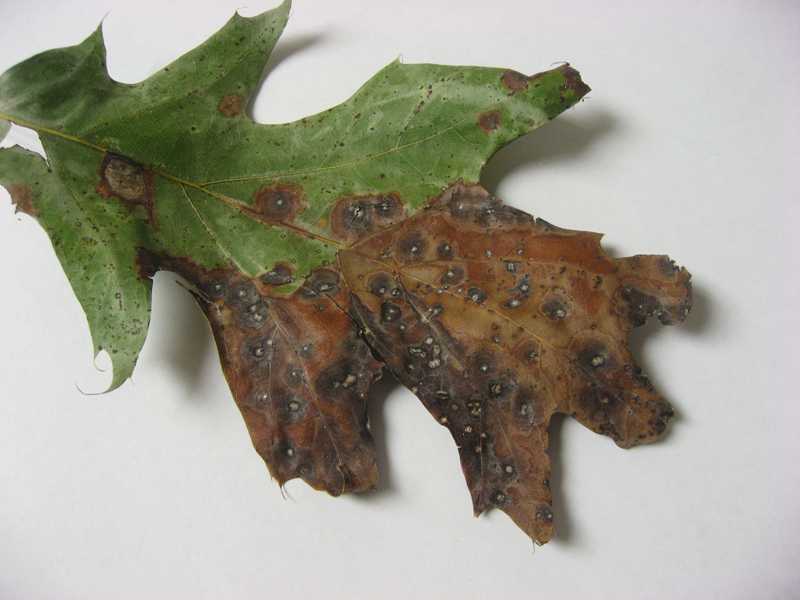



Leaf Spot Diseases Of Shade Trees And Ornamentals
Leaf spot pathogens that cause dieback of young shoots typically do not progress to infect the older woody branches Examples of leaf spot diseases that progress to leaf and shoot blight include Aschochyta blight on lilac and Venturia shoot blight on Populus species such as poplar, aspen and cottonwood trees CankerSilver leaf is caused by the fungus Chondrostereum purpureum pores of the fungus are released S from conks during wet periods in theautumn and spring and infect trees at pruning scars or other open wounds (eg, wounds from branches breakingI have searched on the internet and have come across some possible answers One is genetics, the other is silverleaf flies (which doesn't seem to fit here)




Blueberry Vaccinium Corymbosum Silver Leaf Pacific Northwest Pest Management Handbooks



Can Someone Help Me Out With My Plum Tree Grows On You
Silver leaf is a fungal disease of trees caused by the fungus plant pathogen Chondrostereum purpureumIt attacks most species of the rose family Rosaceae, particularly the genus PrunusThe disease is progressive and often fatal The common name is taken from the progressive silvering of leaves on affected branchesPlant leaves can sometimes change colour or produce unusual marks, blotches or even weirdlooking structures on them Here are some of the more common leaf problems In some cases, you may need to identify pest and disease problems on plant leaves Click on the links where appropriate to find out even more about prevention and control Aphids Monty Don explains how to identify silver leaf disease in a Portuguese laurel tree, pointing out the telltale symptoms Then he gets out the pruning saw and demonstrates how to remove all the affected growth in order to try and save the tree Summer is the best time to tackle this problem, as the warm dry conditions discourage the spread of silver leaf fungal spores




Identify And Treat Silver Leaf Disease In The Uk
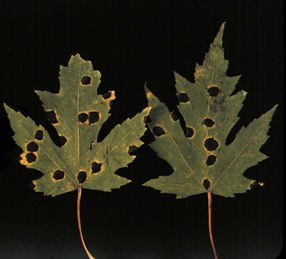



Ten Common Plant Diseases Disorders You Can Diagnose By Eye Wisconsin Horticulture
The soft fuzzy leaves make an excellent addition to a children's or sensory garden Plant it along a border front or walkway or it can also be grown in containers Insects, Disease, and Other Plant Problems Susceptible to leaf rot with high humidity or excessive rain See this plant in the following landscapesImage Janet Van Zoeren Silver leaf is a fungus that is spread via airborne spores and enters through pruning wounds In most cases it causes leaves to turn silver and the affected branches to die However not all plants suffer from silvering foliageLesions on fruit and leaves are surrounded by a dark or watersoaked margin and yellowish halo Citrus canker lesions are raised, unlike the sunken twig scars from hail injury or the roundish discoloring on fruit from cold and sunburn Report to agricultural officials this exotic disease if found in California
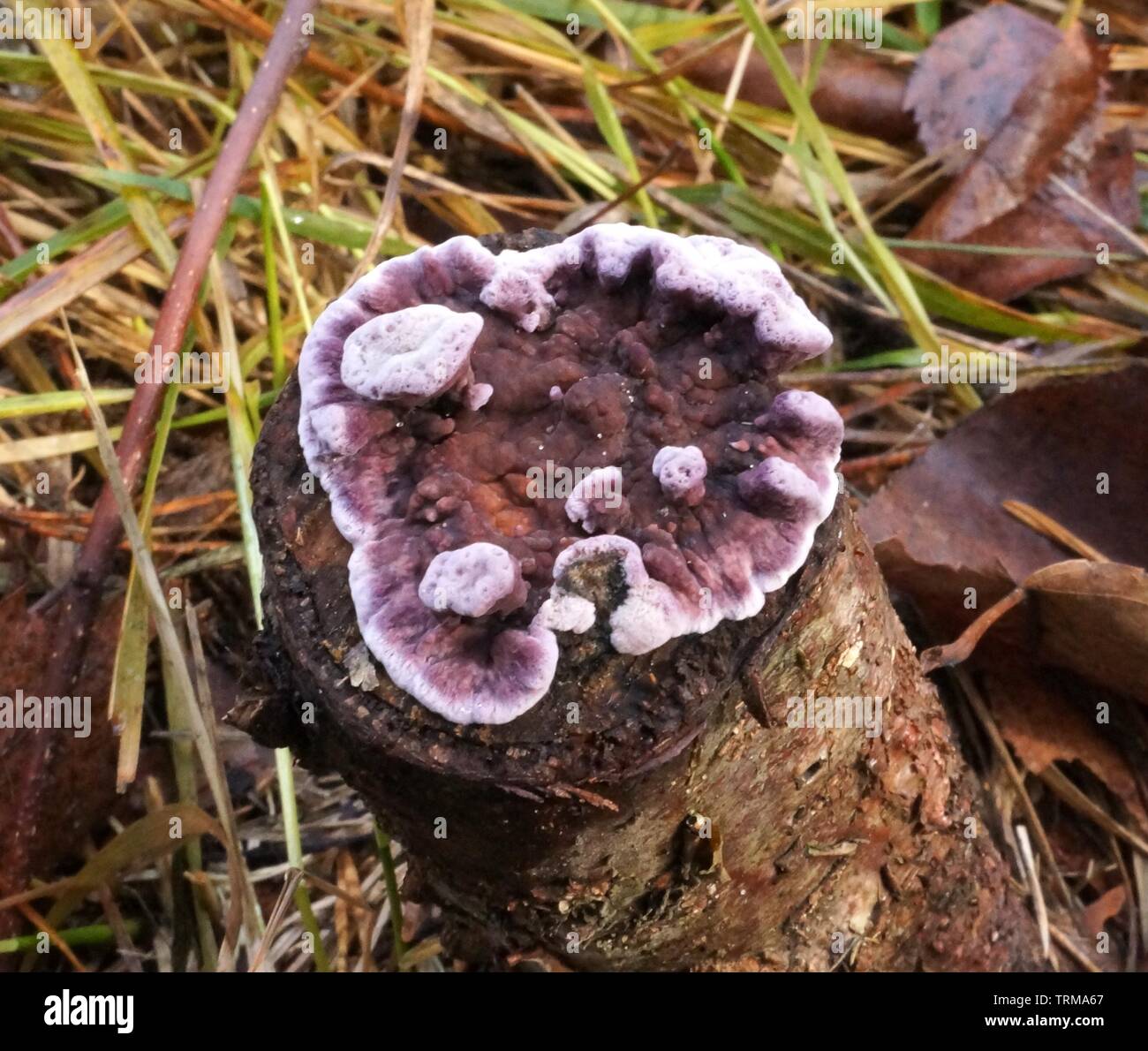



Silver Leaf Is A Fungal Disease Of Trees Caused By The Fungus Plant Pathogen Chondrostereum Purpureum Stock Photo Alamy
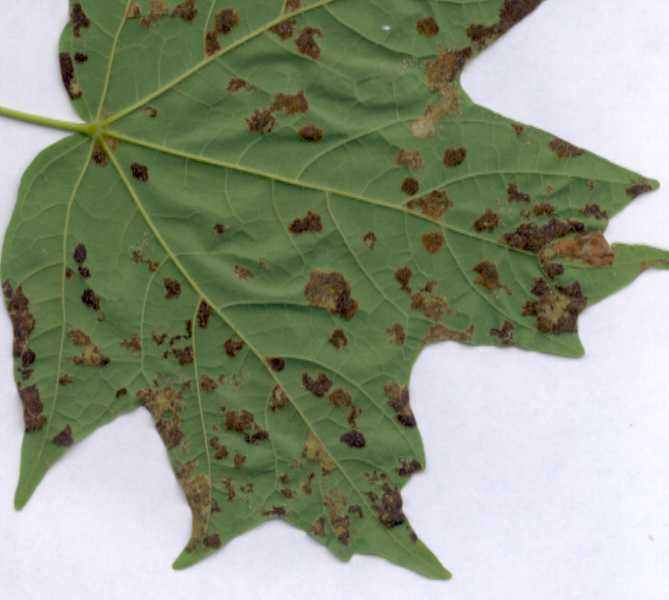



Leaf Spot Diseases Of Shade Trees And Ornamentals
This is a much more serious disease that affects all kinds of maples, but Sugar Maple and Silver Maple are the ones most commonly affected It can also affect Japanese MapleThis disease is another fungus that enters through the roots and blocks the water passages inside the treeThe lack of water and nutrients flowing through the tree causes branches to die;This disease does not normally attack older plants Cotton Root Rot (fungus –Phymatotrichum omnivorum) As with most woody ornamentals, elaeagnus will die quite rapidly when infected with the cotton root rot fungus Plants will die so rapidly that leaves are not shed but are retained on What I also notice with silver buttonwood is that because this plant can grow so dense the leaves in the middle and at the bottom of the plant tense to turn brown flowed by leaf drop A good practice is not to let the center get so crowded where rubbing takes place along with sunlight be blocked from getting to the lower leaves




Oak Diseases Insect Pests Home Garden Information Center
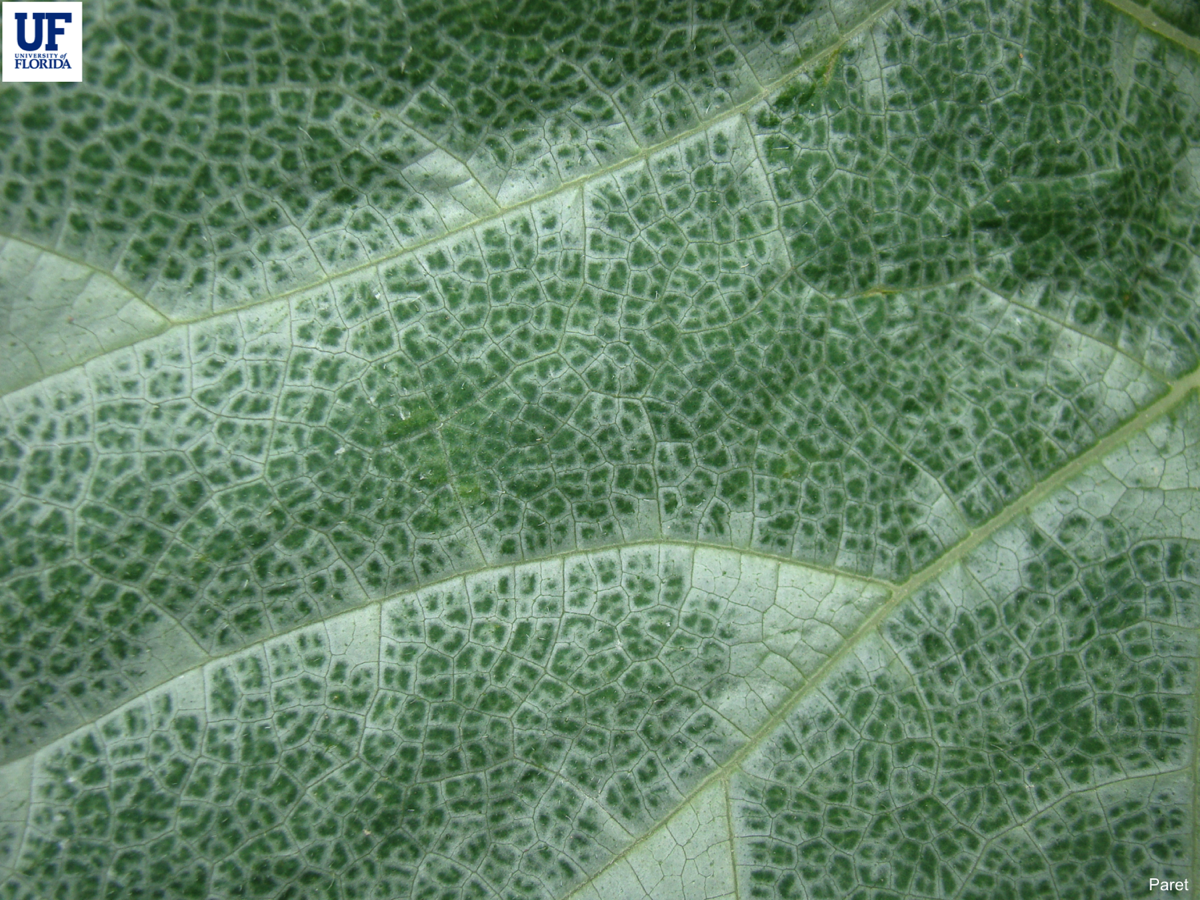



Silver Leaf
Silver buttonwood may be severely blighted by the fungus Cylindrocladium scoparium Morgan Bureau of Plant Pathology plant disease records (unpublished) indicate that although it is most commonly associated with a cutting blight, the fungus may also infect established plants The fungus is also a pathogen of other popular Florida The present study is focused on the extracellular synthesis of silver nanoparticles (AgNPs) using culture supernatant of an agriculturally important bacterium, Serratia sp BHUS4 and demonstrates its effective application for the management of spot blotch disease in wheat The biosynthesis of AgNPs by Serratia sp BHUS4 (denoted as bsAgNPs) was monitored byWhen silverleaf whitefly immature stages feed on squash leaves, their saliva introduces toxins into the plant that can have a dramatic effect on leaves Developing leaves of affected plants can take on a silvery appearance starting from the leaf veins and moving outward




Silver Leaf Plant Disease Diagnostics Clinic




Victoria Plum Silver Sticky Leaves c Gardeners World Magazine
Silver leaf Unique silvering of the leaves is the characteristic symptom induced by feeding of immature stages of silver leaf whitefly which releases a toxin inducing the unique pattern on the leaves Developing leaves have a silvery appearance from the leaf veins and moving outwardFigure 22—Leaf symptoms caused by interveinal mosaic 47 Figure 23^—Potato leaves showing symptoms of potato virus X 48 Figure 24—Potato plant infected with leafroll virus 49 Figure 25—Phloem necrosis (net necrosis) in tuber following currentseason infec Silver leaf is a fungal disease of apple trees and many other deciduous trees that makes the leaves appear "silver" or gray This is caused by a fungus called Chondrostereum purpureum In addition to infecting leaves, it also forms conks (fruiting structures) on the trunks and branches of trees




Powdery Mildew How To Identify Treat And Prevent Powdery Mildew The Old Farmer S Almanac
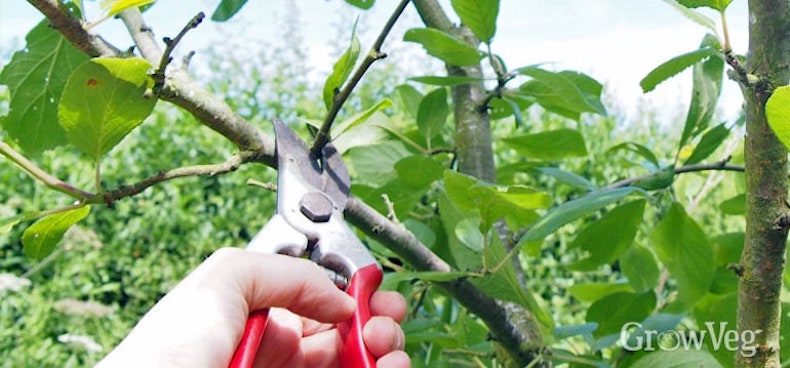



Silver Leaf Fungus Garden Pests Diseases Gardening Tips Thompson Morgan



Silver Leaf Rhs Gardening
/GettyImages-126554720-58f169635f9b582c4d161f97.jpg)



Identifying And Controlling Powdery Mildew On Trees
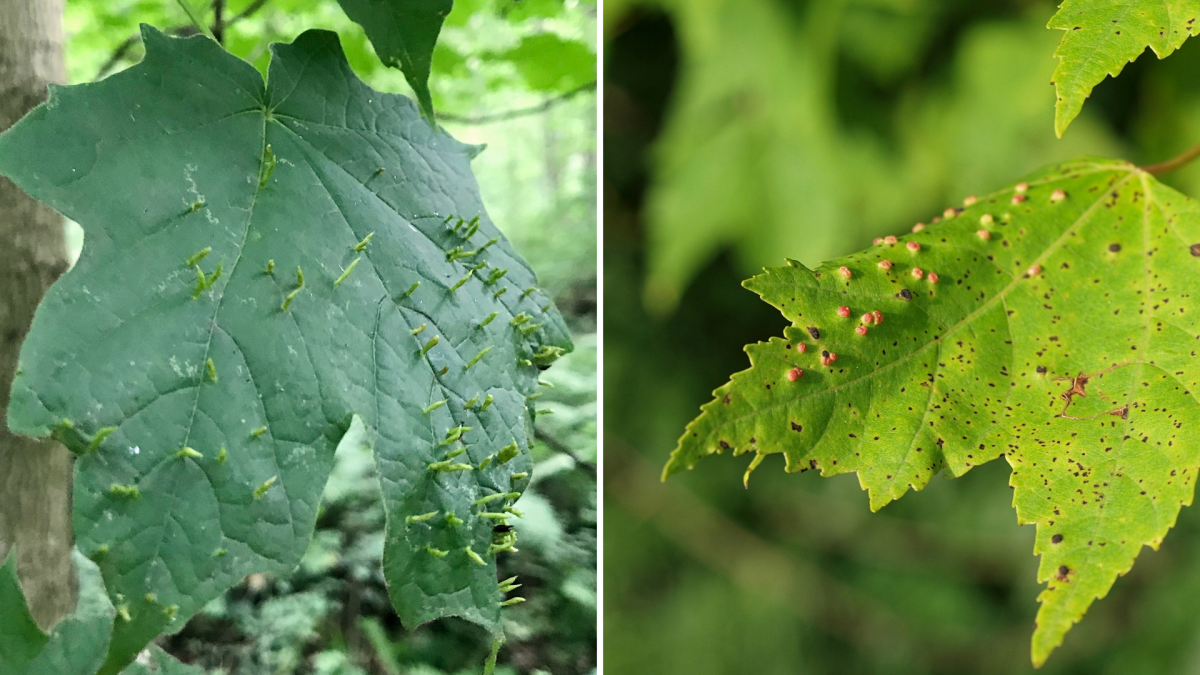



13 Common Maple Tree Problems And Diseases Dengarden




13 Common Maple Tree Problems And Diseases Dengarden
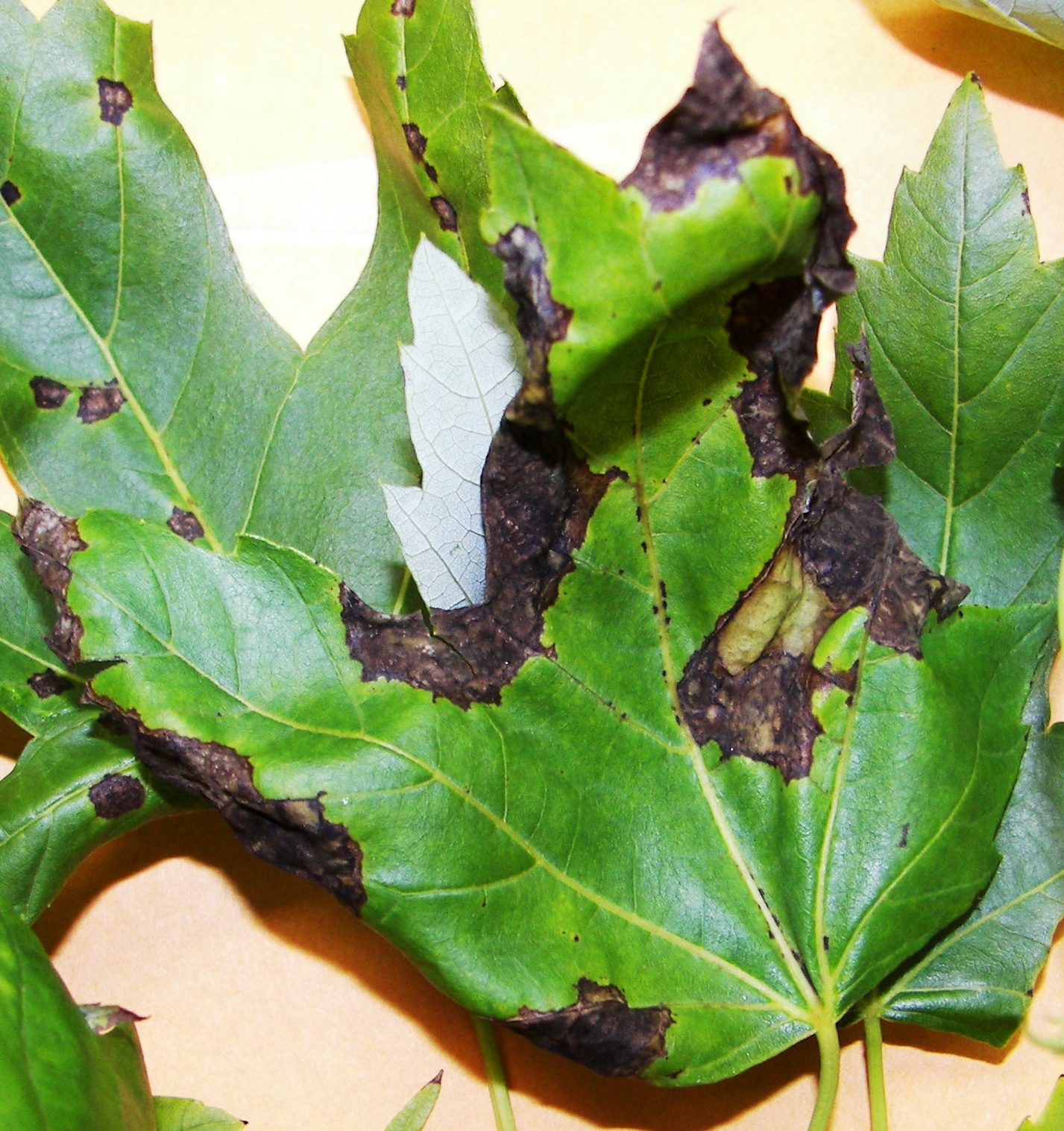



Anthracnose And Other Common Leaf Diseases Of Deciduous Shade Trees Oklahoma State University




Silver Maple Leaf Infected W Fungal Disease Known As Tar Spot Caused By Several Different Ascomycete Species In The Genus Rhytisma The Fungus Overwinters On




Maple Leaf Blister Black Leaves On Maple Explained Horticulture And Home Pest News
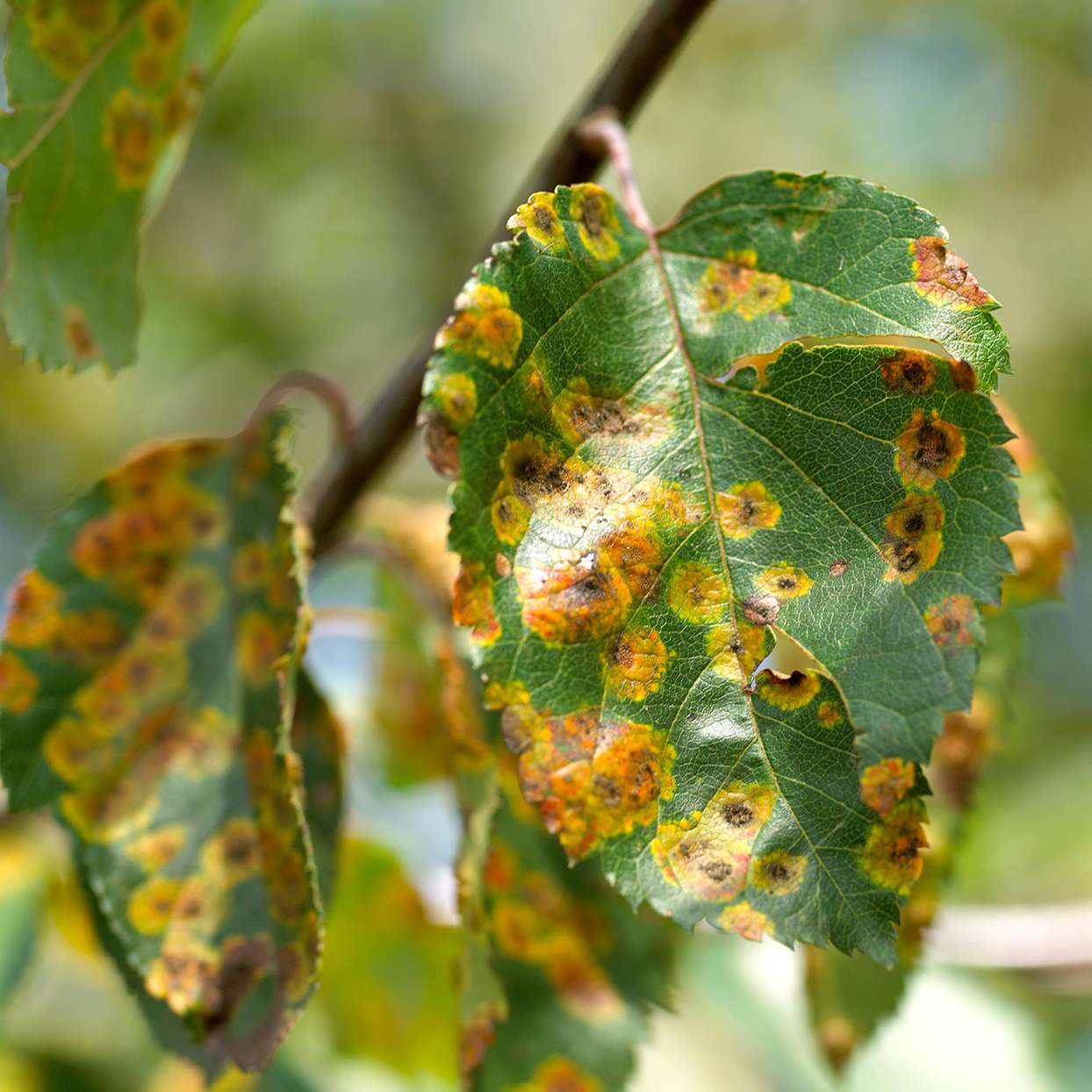



Diagnose Tree Disease Better Homes Gardens
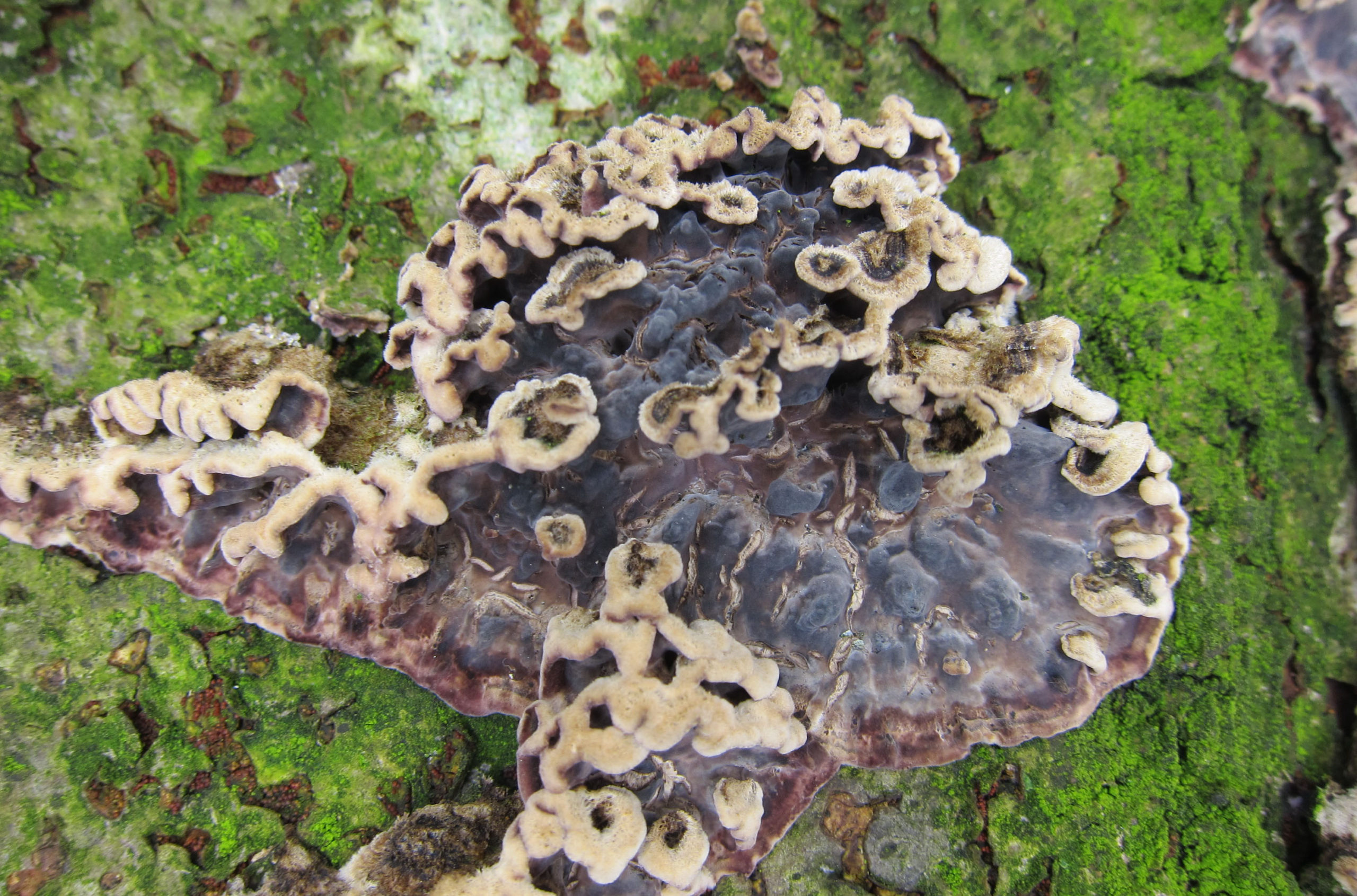



Silver Leaf Disease Uk Treatment Control Of Fungal Infection
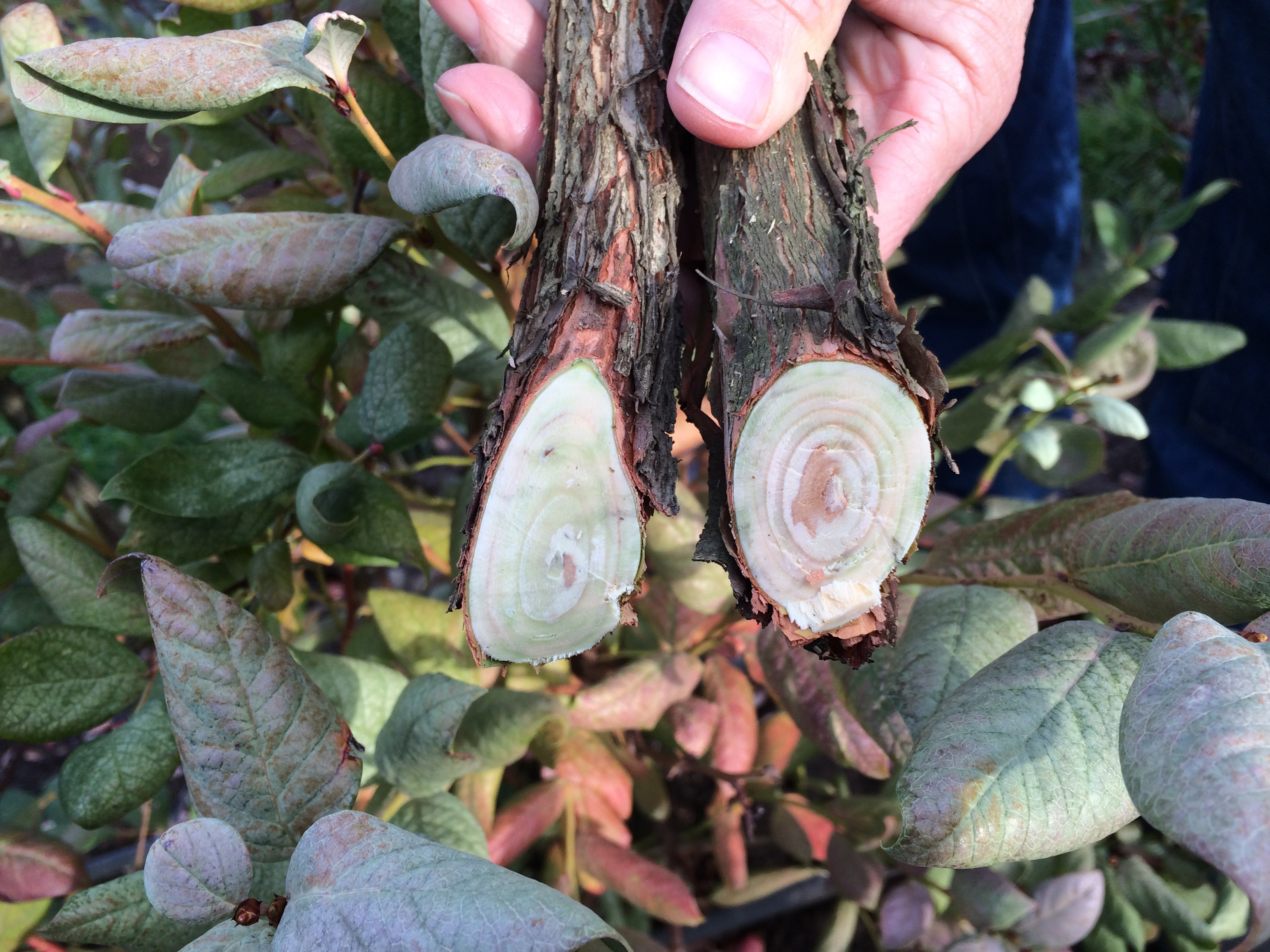



Blueberry Vaccinium Corymbosum Silver Leaf Pacific Northwest Pest Management Handbooks



Silver Leaf Rhs Gardening




Silver Leaf Infection On Victoria Plum Tree Youtube




Silver Leaved Whitebeam Sorbus Aria Lutescens Chew Valley Trees




Identify And Treat Silver Leaf Disease In The Uk



1



Tree Rusts Rhs Gardening




Best Silver Leaf Plants For Your Garden Better Homes Gardens




A Guide To Common Leaf Problems Love The Garden




How To Prevent And Control Powdery Mildew On Apples Gardener S Path
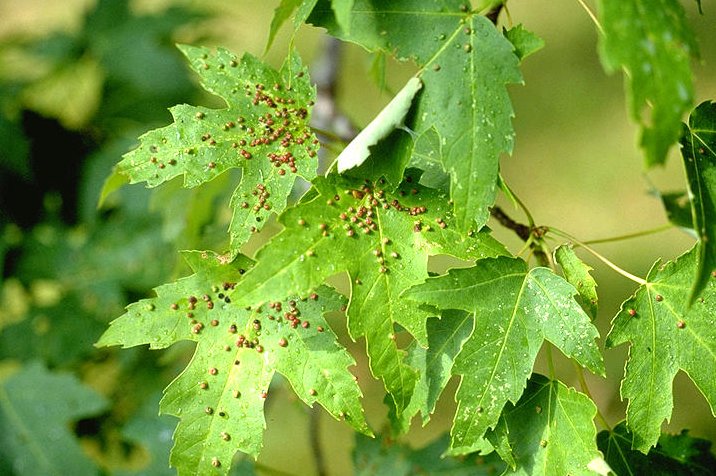



Facttemplate




Best Silver Leaf Plants For Your Garden Better Homes Gardens
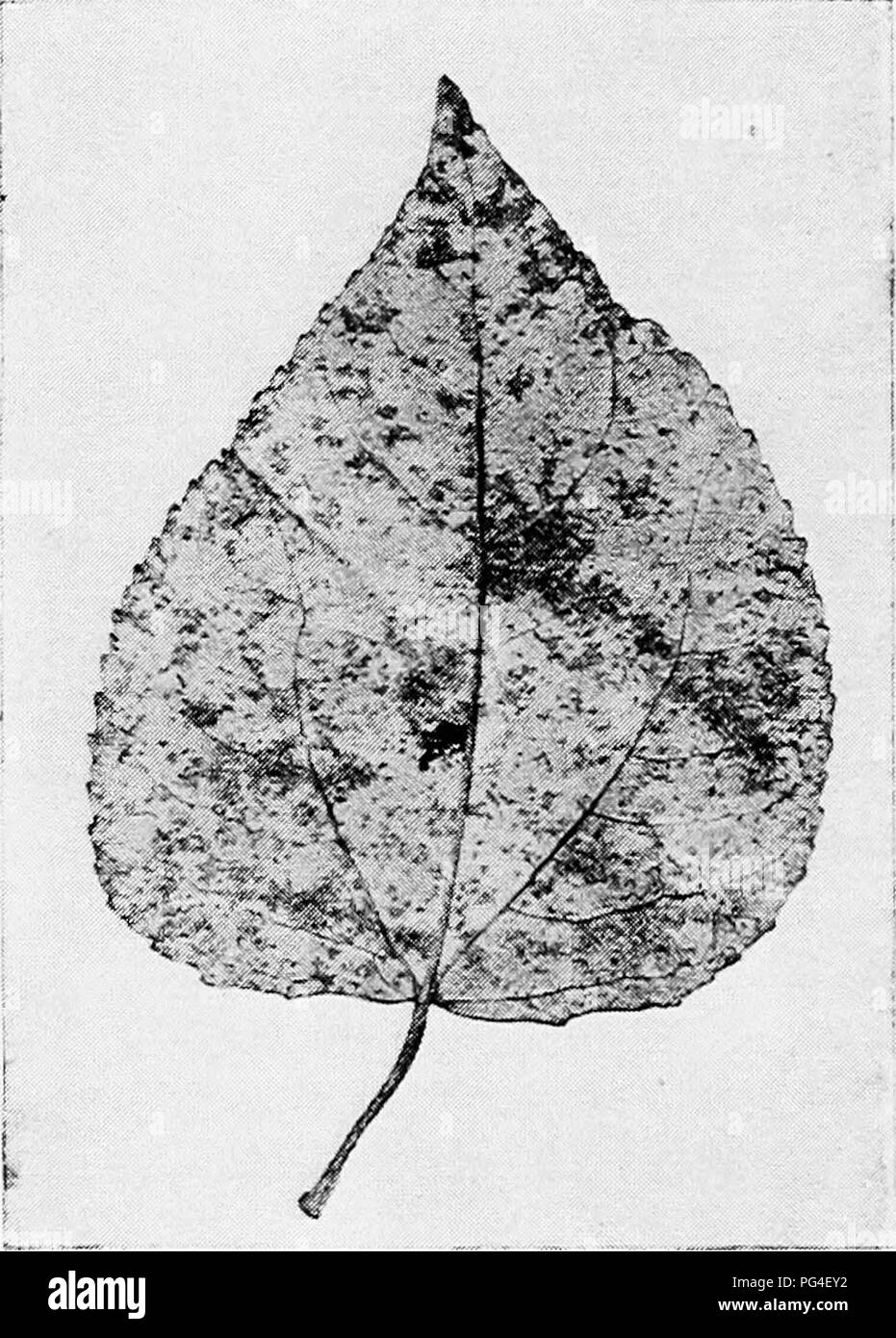



Silver Leaf Disease High Resolution Stock Photography And Images Alamy



Hi I Have A Victoria Plum Tree That Is Very Sick Grows On You
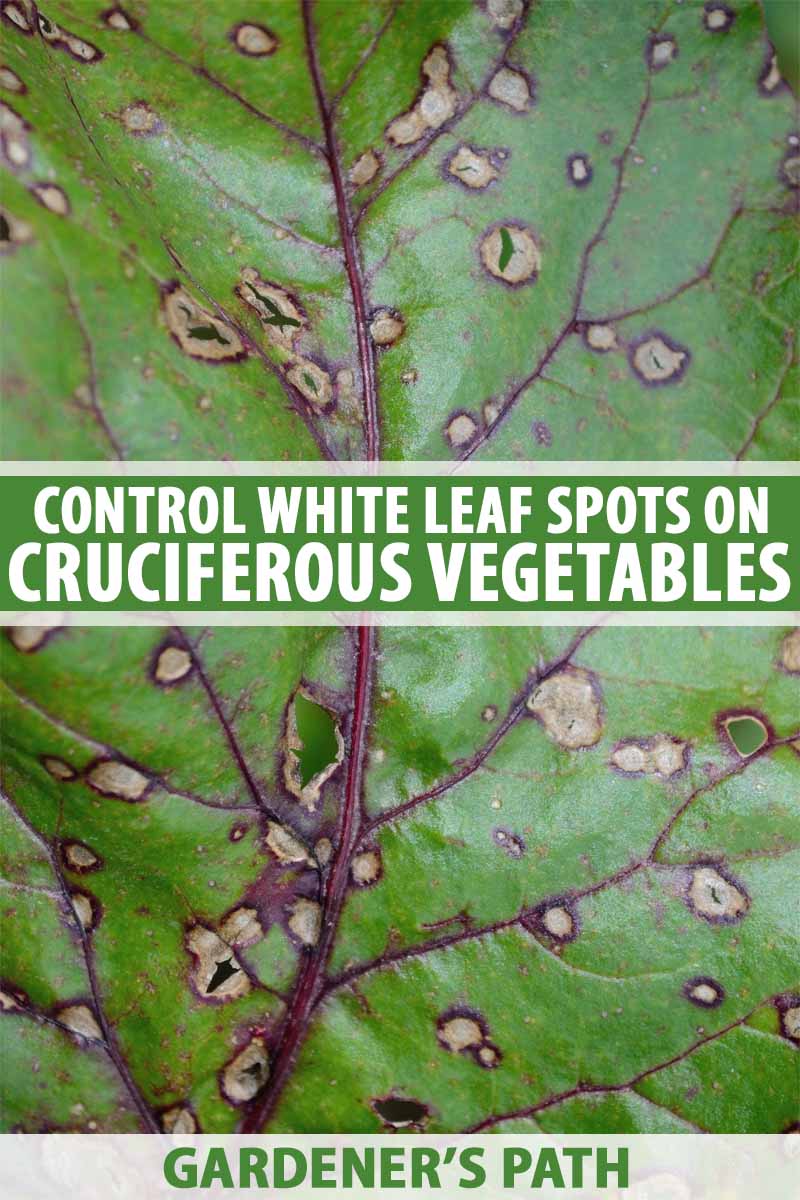



How To Control White Leaf Spots On Cole Crops Gardener S Path




5 Causes Of Black Spots On Houseplant Leaves And Solutions Smart Garden Guide




Silver Leaf Disease Onfruit
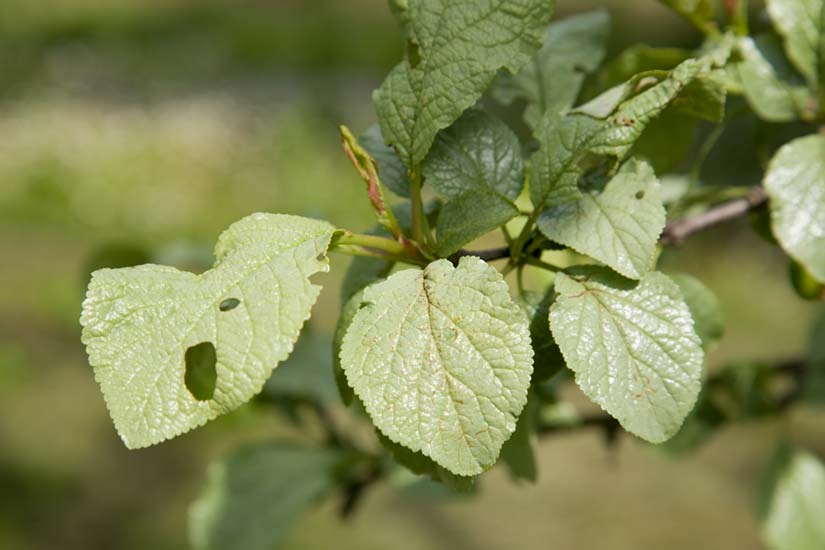



Blog Pomona Fruits
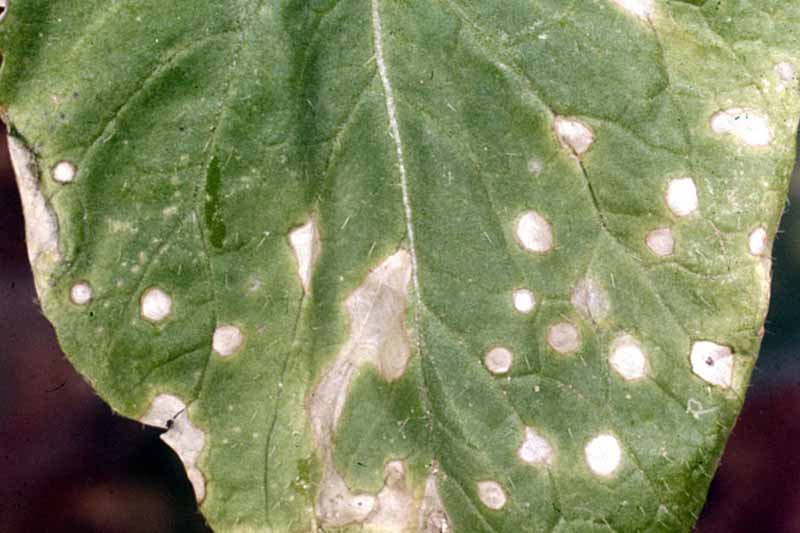



How To Control White Leaf Spots On Cole Crops Gardener S Path




Pests And Disease Of Plum Trees




Troubleshooting Fuchsia Plant Diseases Learn About Diseases Of Fuchsia And Treatment
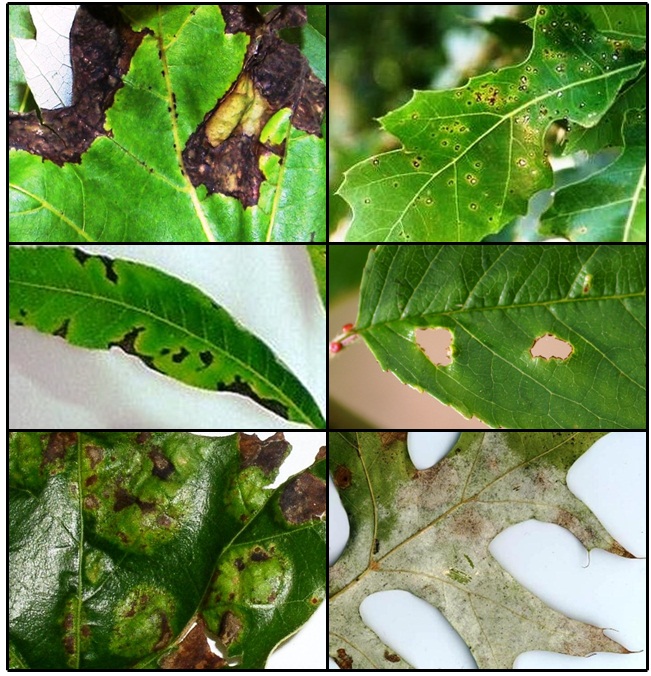



Anthracnose And Other Common Leaf Diseases Of Deciduous Shade Trees Oklahoma State University
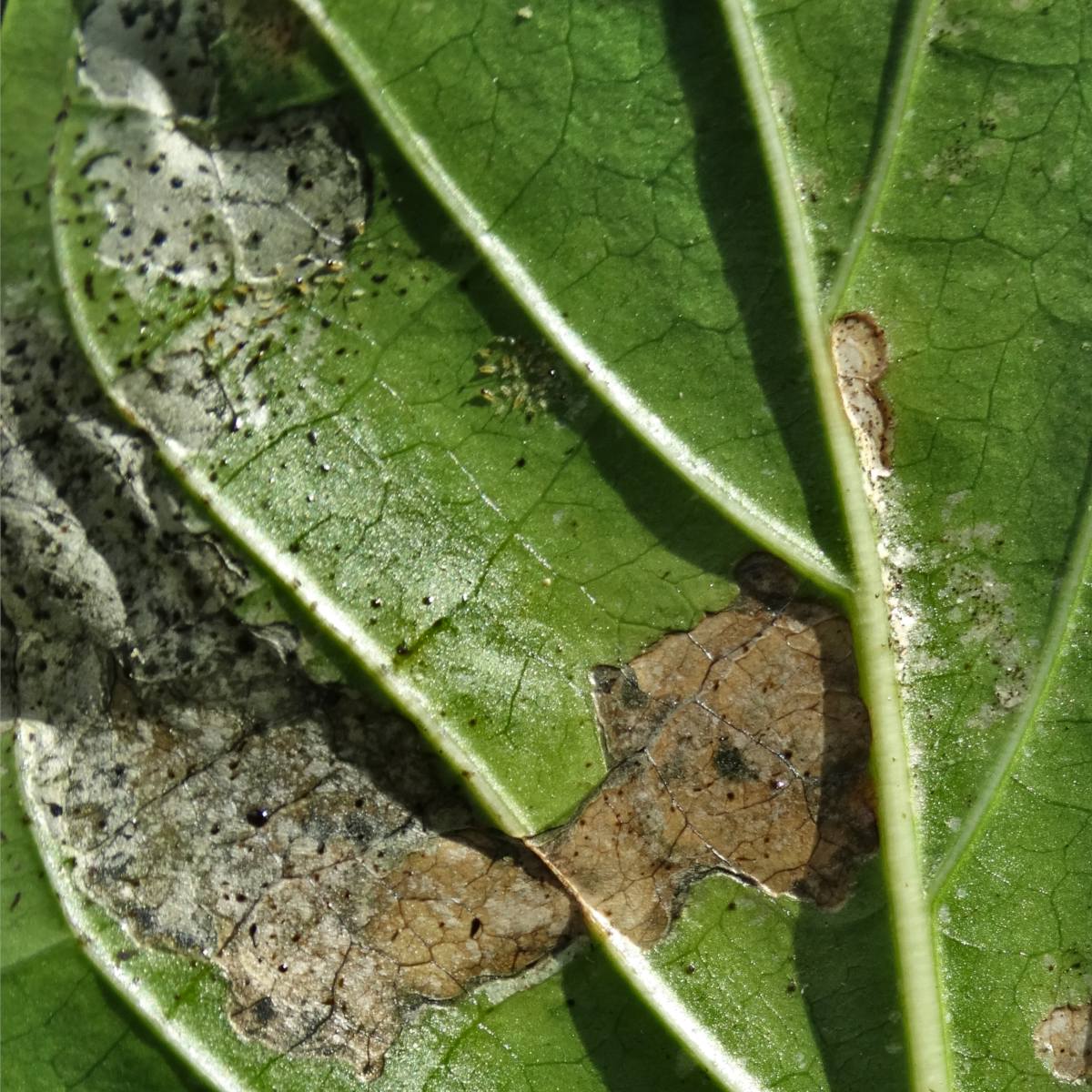



Thrips Damage To Plants Symptoms Pictures Of Thrips Caused Damage




Maple Tree Diseases Lovetoknow




Blueberry Vaccinium Corymbosum Silver Leaf Pacific Northwest Pest Management Handbooks




Silver Leaf Of Plums And Cherries Southern Fruit Trees
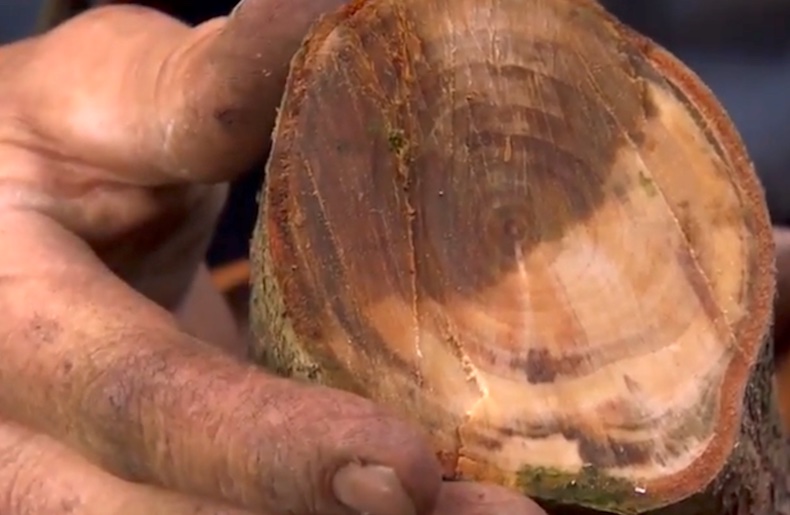



Silver Leaf Fungus Garden Pests Diseases Gardening Tips Thompson Morgan
:max_bytes(150000):strip_icc()/apple-tree-diseases-4588376-04-40fc85e3a9e84014b95169a62d6f4fe6.jpg)



4 Common Apple Tree Diseases
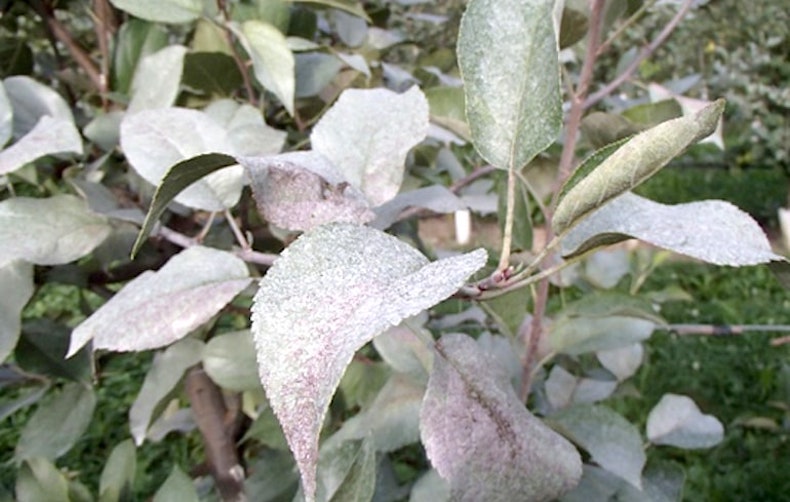



Silver Leaf Fungus Garden Pests Diseases Gardening Tips Thompson Morgan
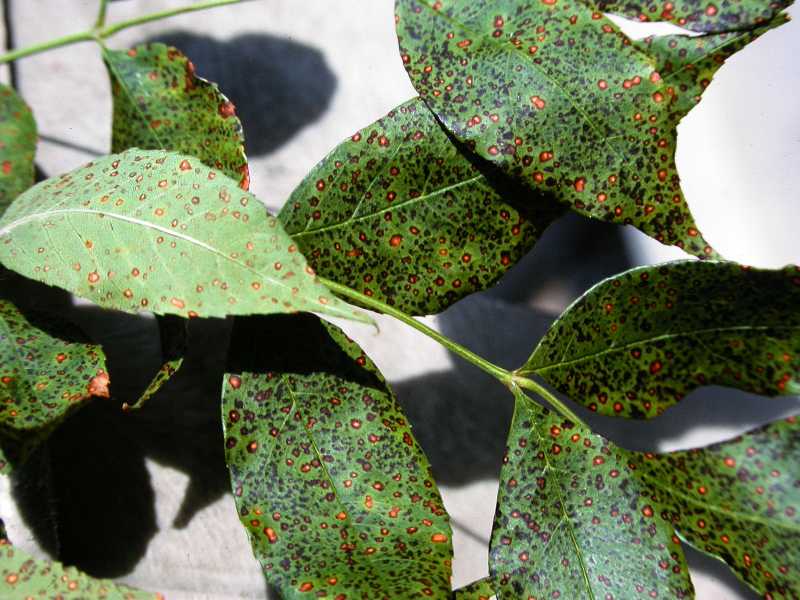



Leaf Spot Diseases Of Shade Trees And Ornamentals
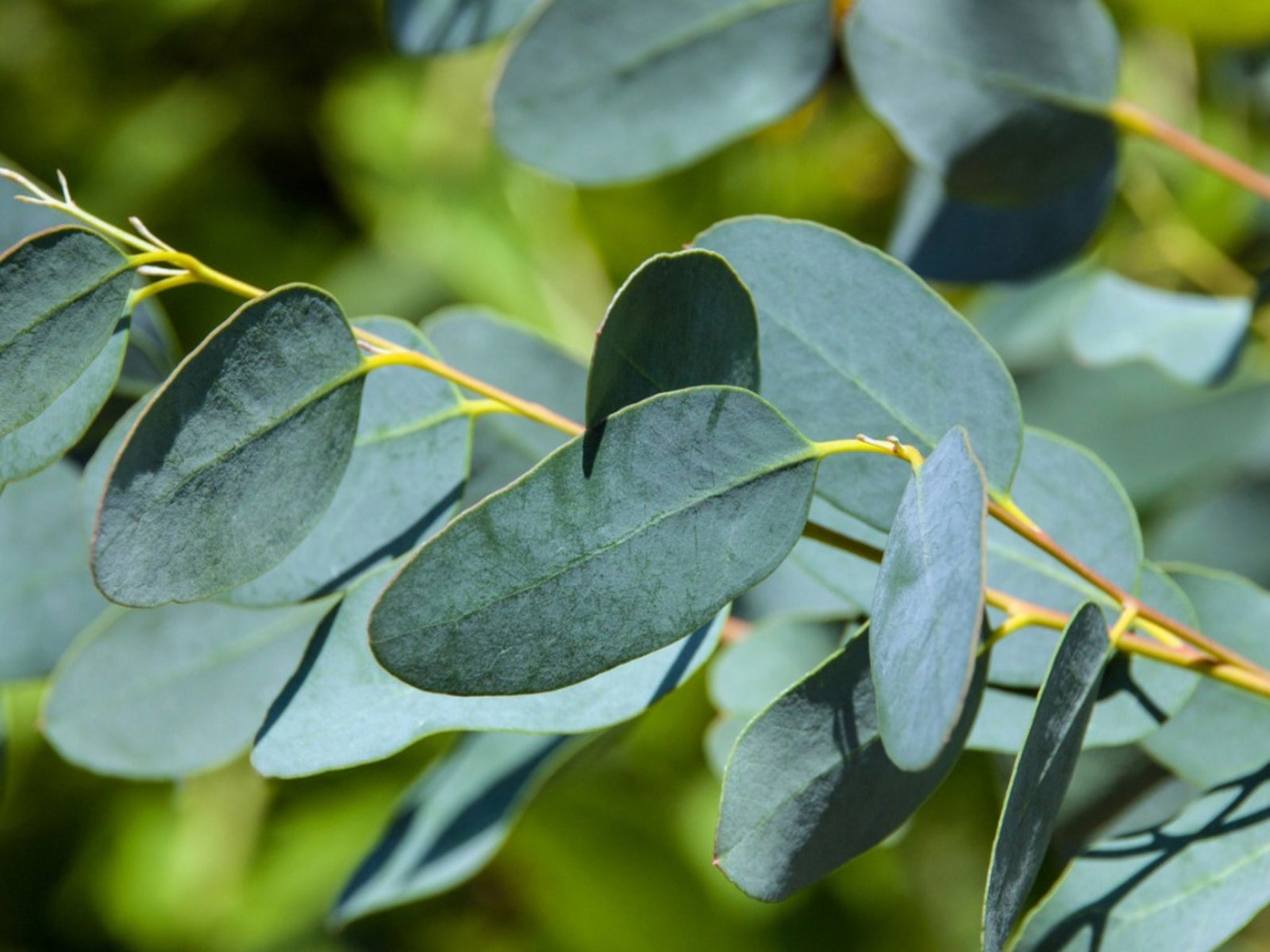



Common Eucalyptus Tree Problems Eucalyptus Tree Diseases
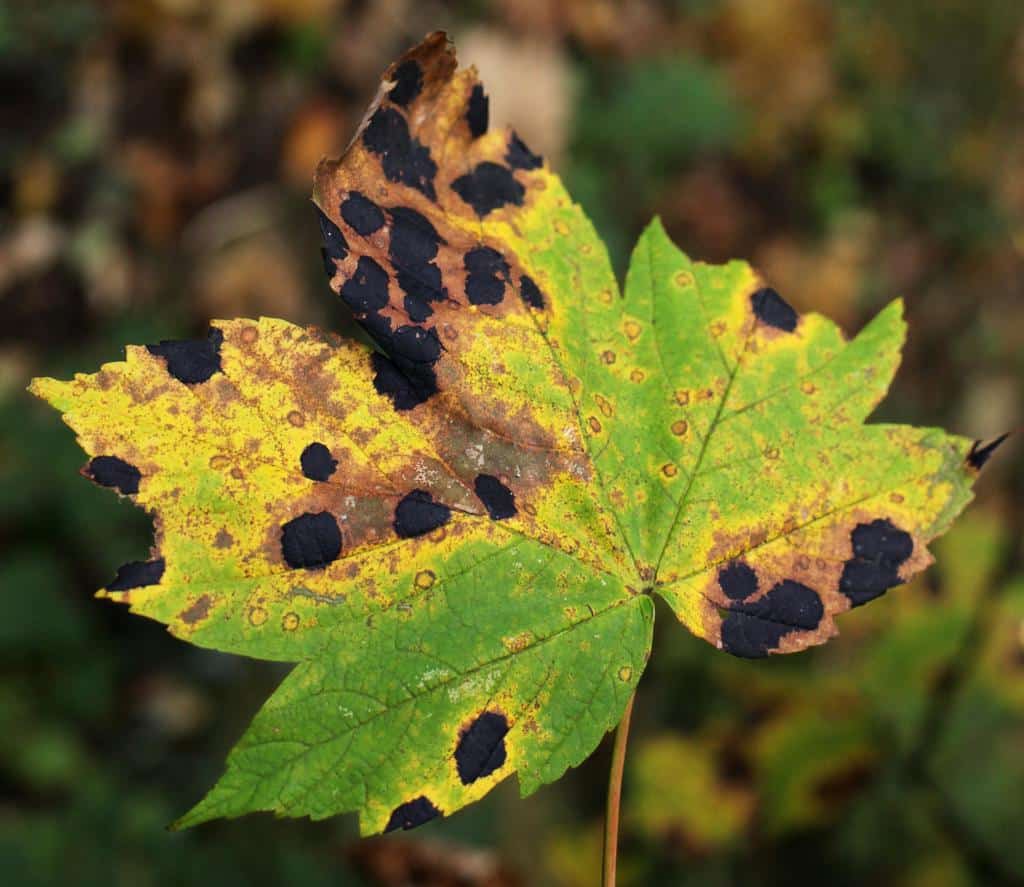



Treating Black Spots On Maple Leaves Naturally Prevention




Maple Leaf Blister Black Leaves On Maple Explained Horticulture And Home Pest News




Silver Leaf Disease Stock Image B275 0078 Science Photo Library
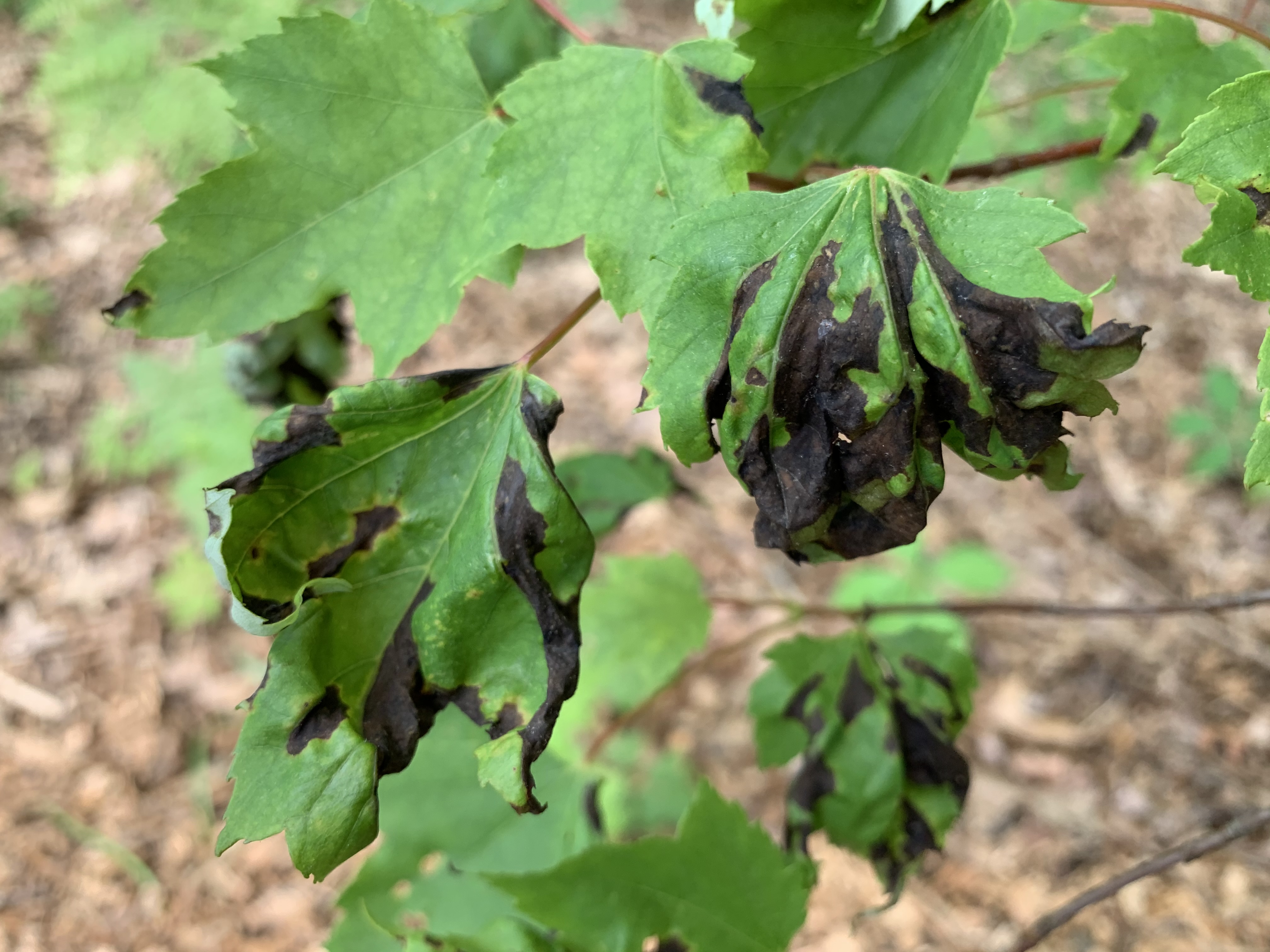



Maple Leaf Blister And Anthracnose Two Diseases Of Maple Leaves Landscaping
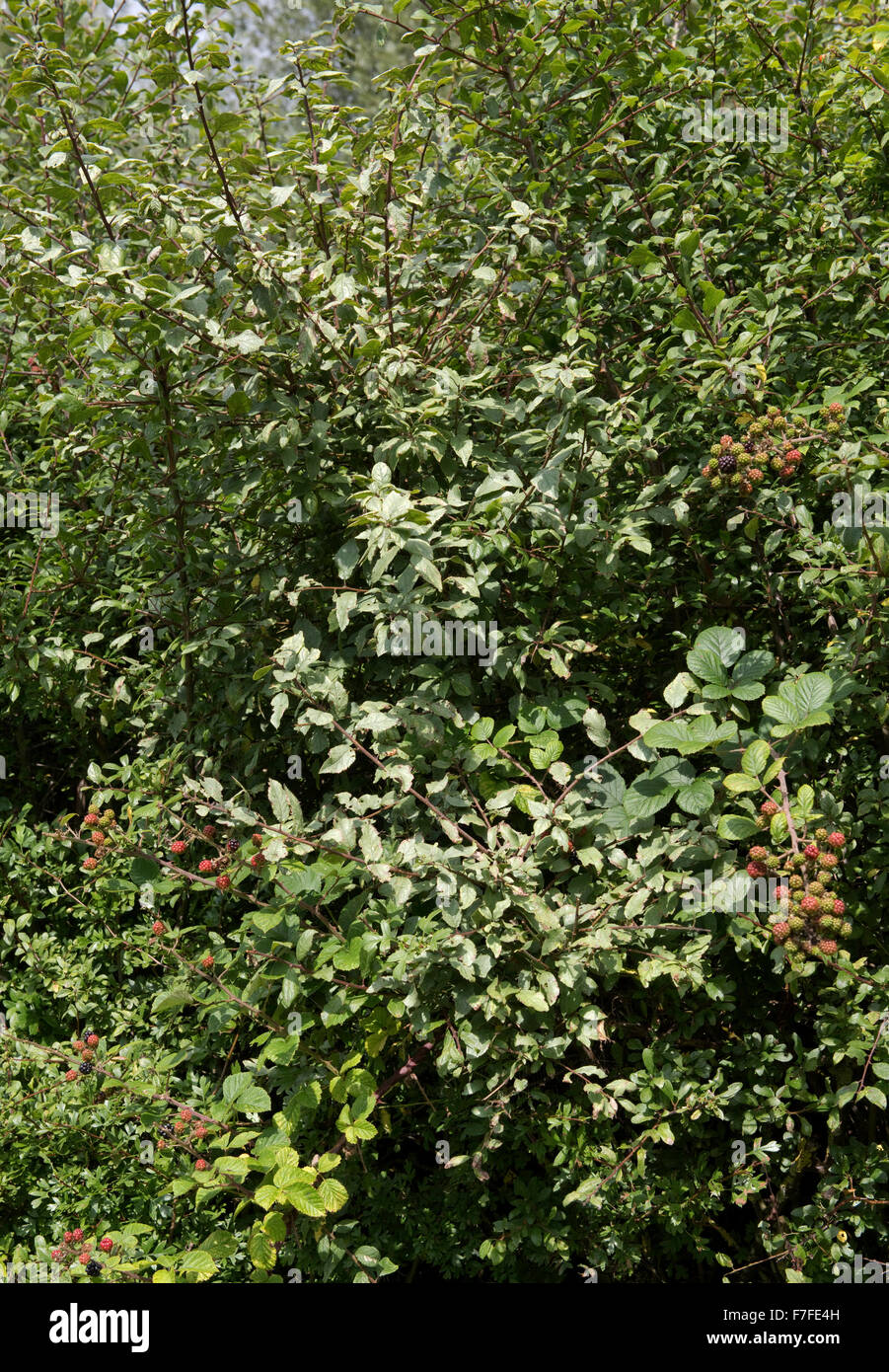



Silver Leaf Disease Chondrostereum Purpureum On Wild Plum Trees In A Hedgerow Berkshire September Stock Photo Alamy



Chondrostereum Purpureum
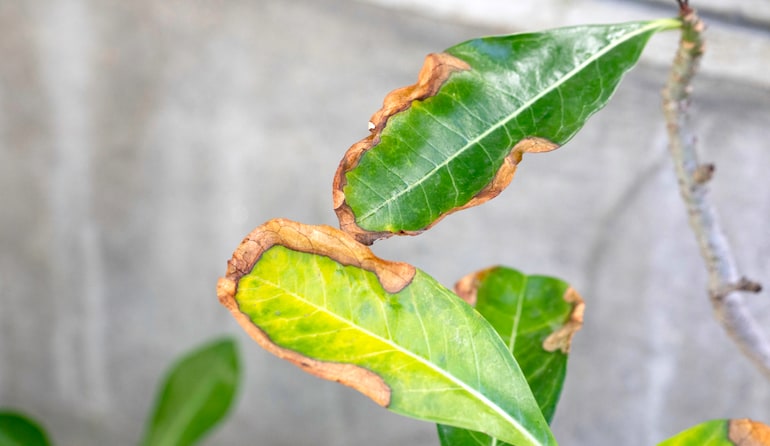



Leaf Scorch Garden Pests Diseases Gardening Tips Thompson Morgan




David Doll Silver Leaf Of Almond Fungal Disease That Causes Silvery Appearance Of Leaves Eventually Killing Trees Tree Removal Required T Co Osn6qqfoof




Silver Leaf Disease On Plum Stock Image B275 0079 Science Photo Library
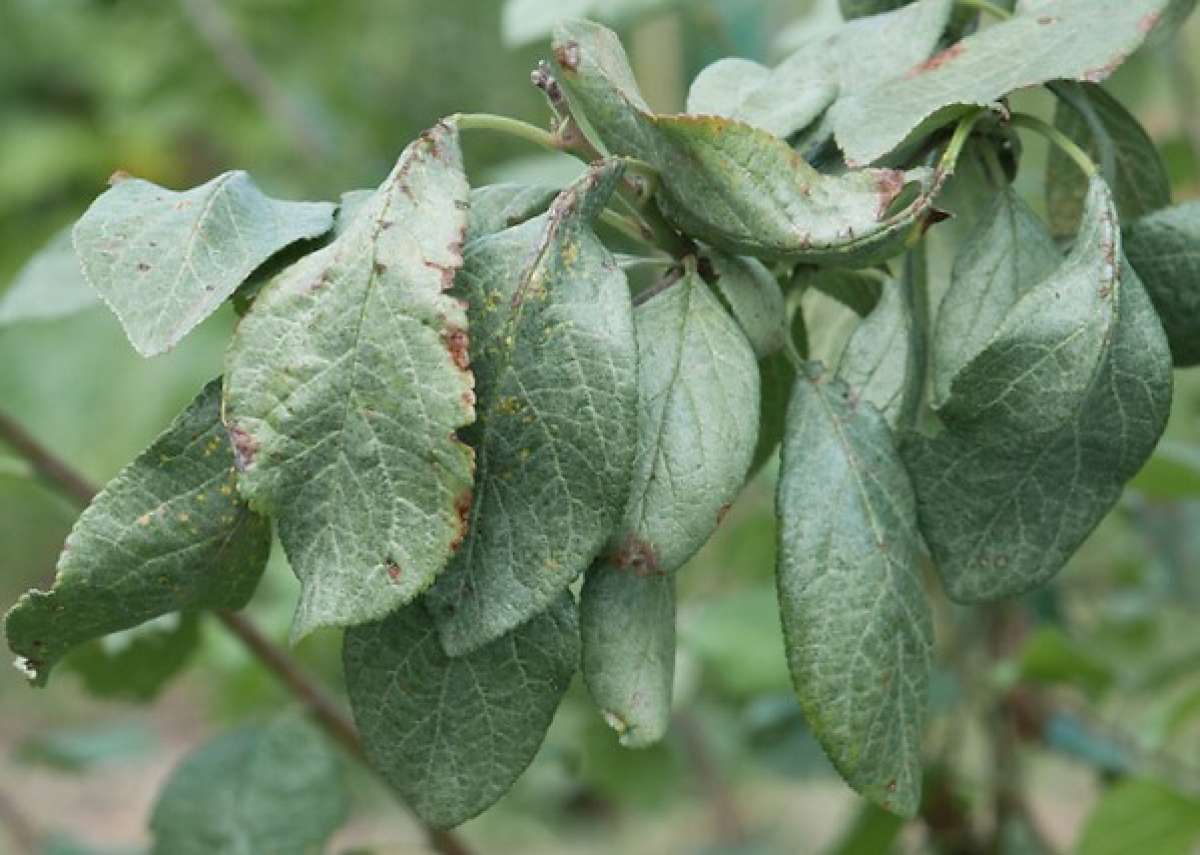



Silver Leaf Control Of Silver Leaf Disease




Why Are There Yellow Leaves On Trees In Summer




Identify And Treat Pest And Diseases Of Cherry Tree




Front Range Food Gardener Telling Powdery Mildew By Its Spots
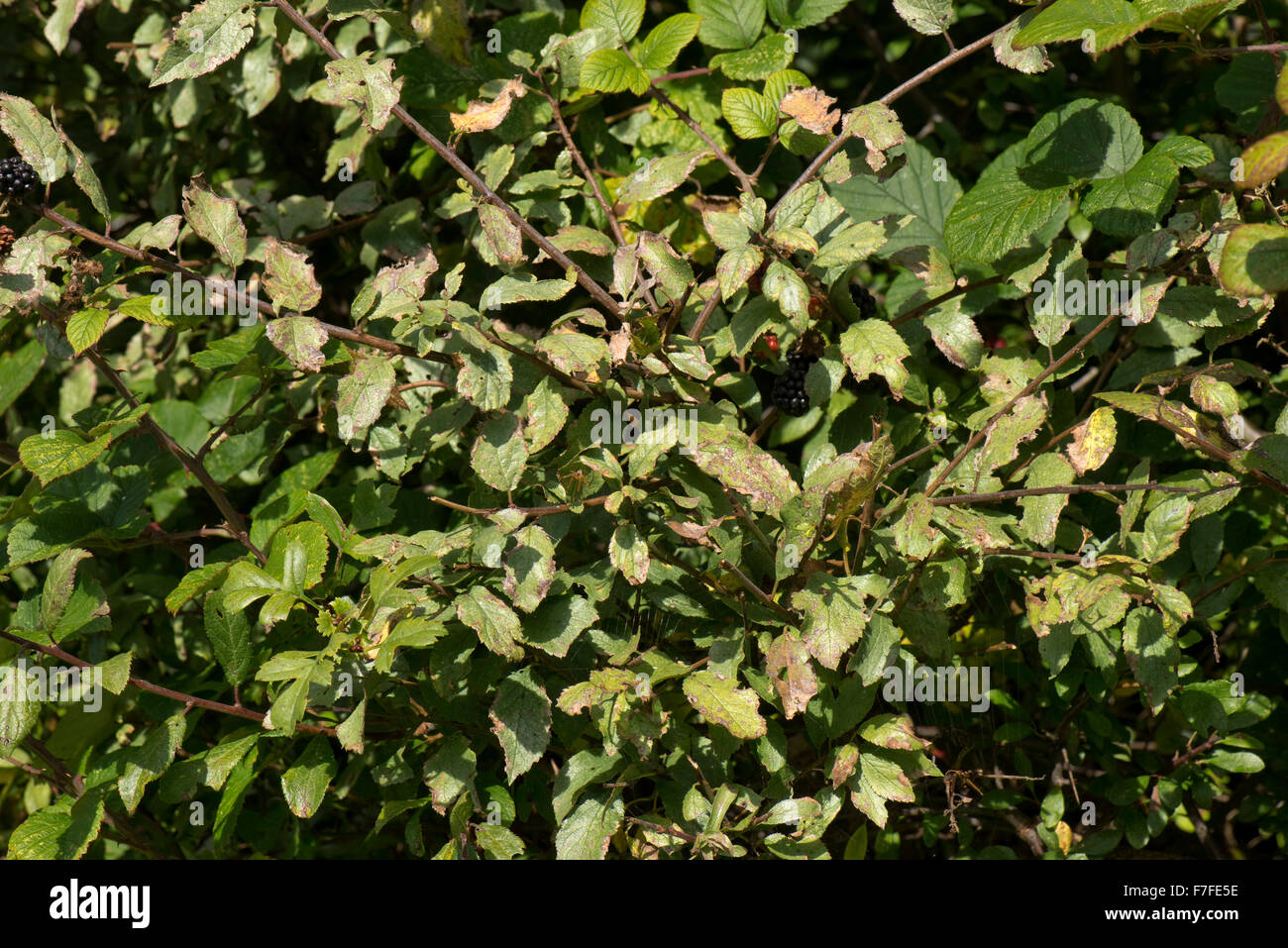



Silver Leaf Disease Chondrostereum Purpureum On Wild Plum Trees In A Hedgerow Berkshire September Stock Photo Alamy




072 Plum Silver Leaf Jpg Silver Leaf Disease On A P Flickr
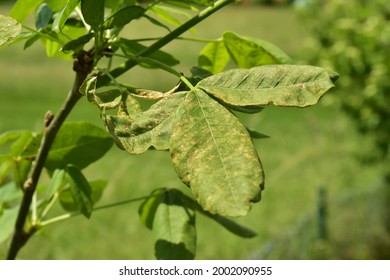



Silver Leaf Fungus Images Stock Photos Vectors Shutterstock
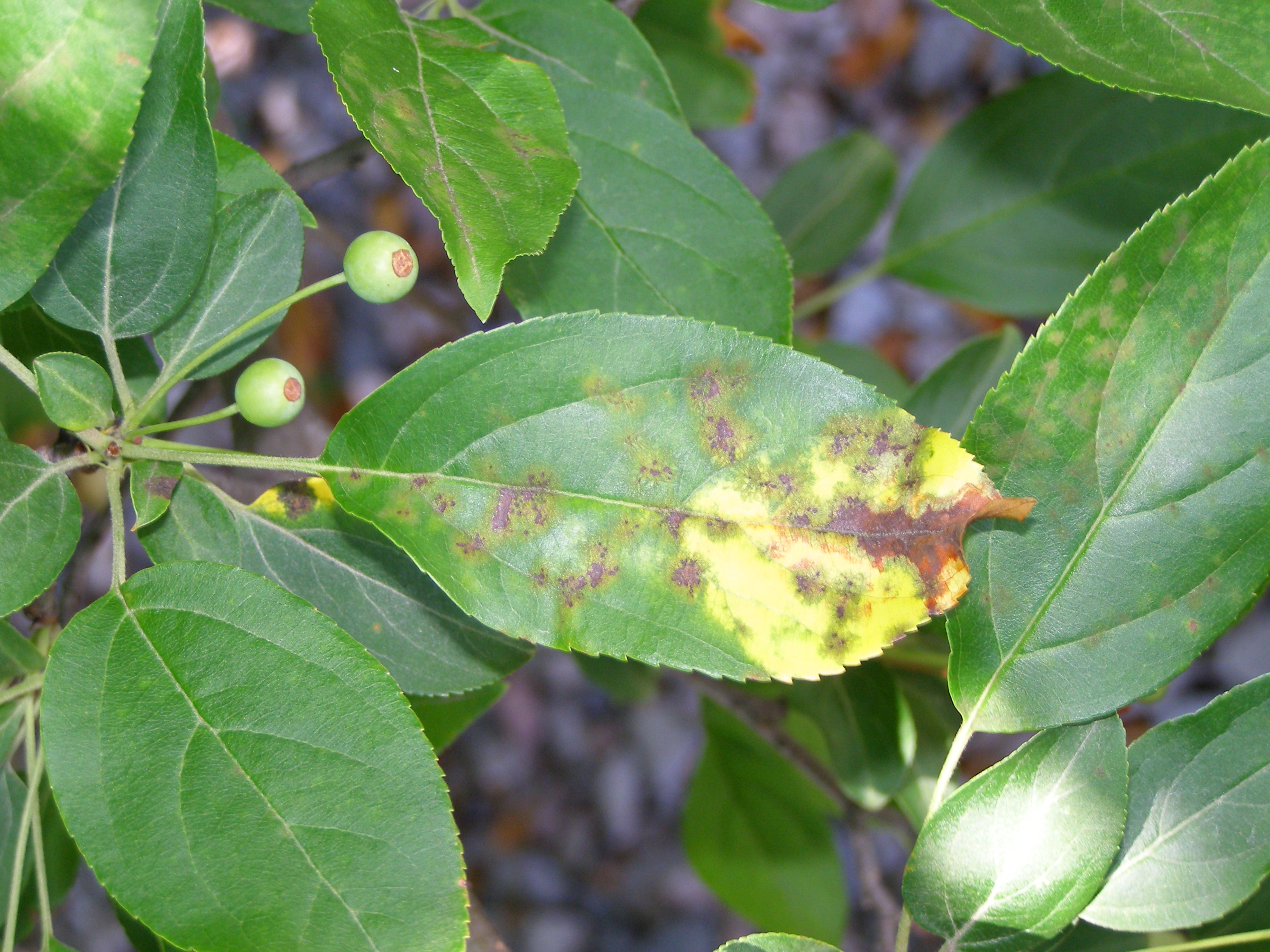



Apple Scab Of Apples And Crabapples Umn Extension




Chondrostereum Purpureum Wikipedia




Plum Silver Leaf Alan Buckingham



3




Silver Leaf Chondrostereum Purpureum Diseases Candide Gardening




That Dusty White Film Disfiguring Plant Leaves Has A Name Powdery Mildew Chicago Tribune




Why Does My Rubber Plant Have White Spots And How To Fix It Garden For Indoor
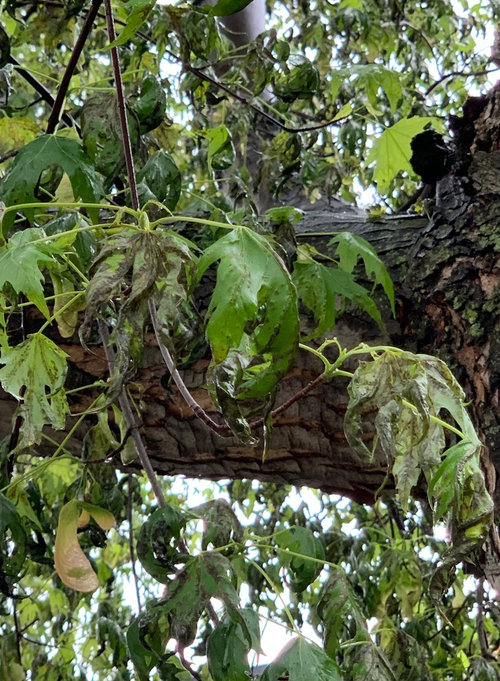



Silver Maple Leaf Disease Cool Wet Spring




068 Plum Silver Leaf Jpg Silver Leaf Disease On A P Flickr
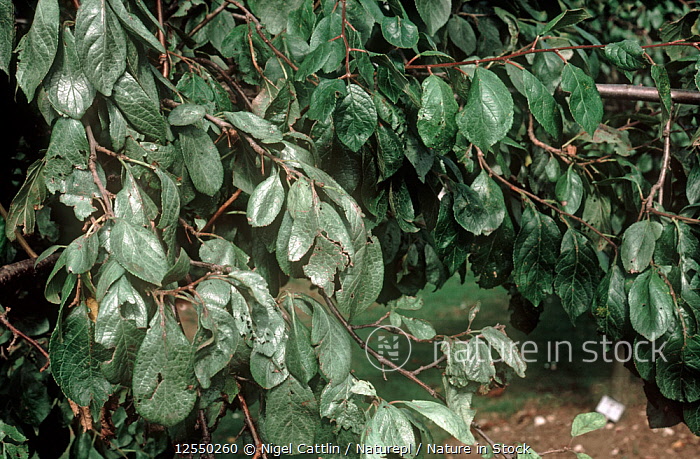



Nature In Stock



1
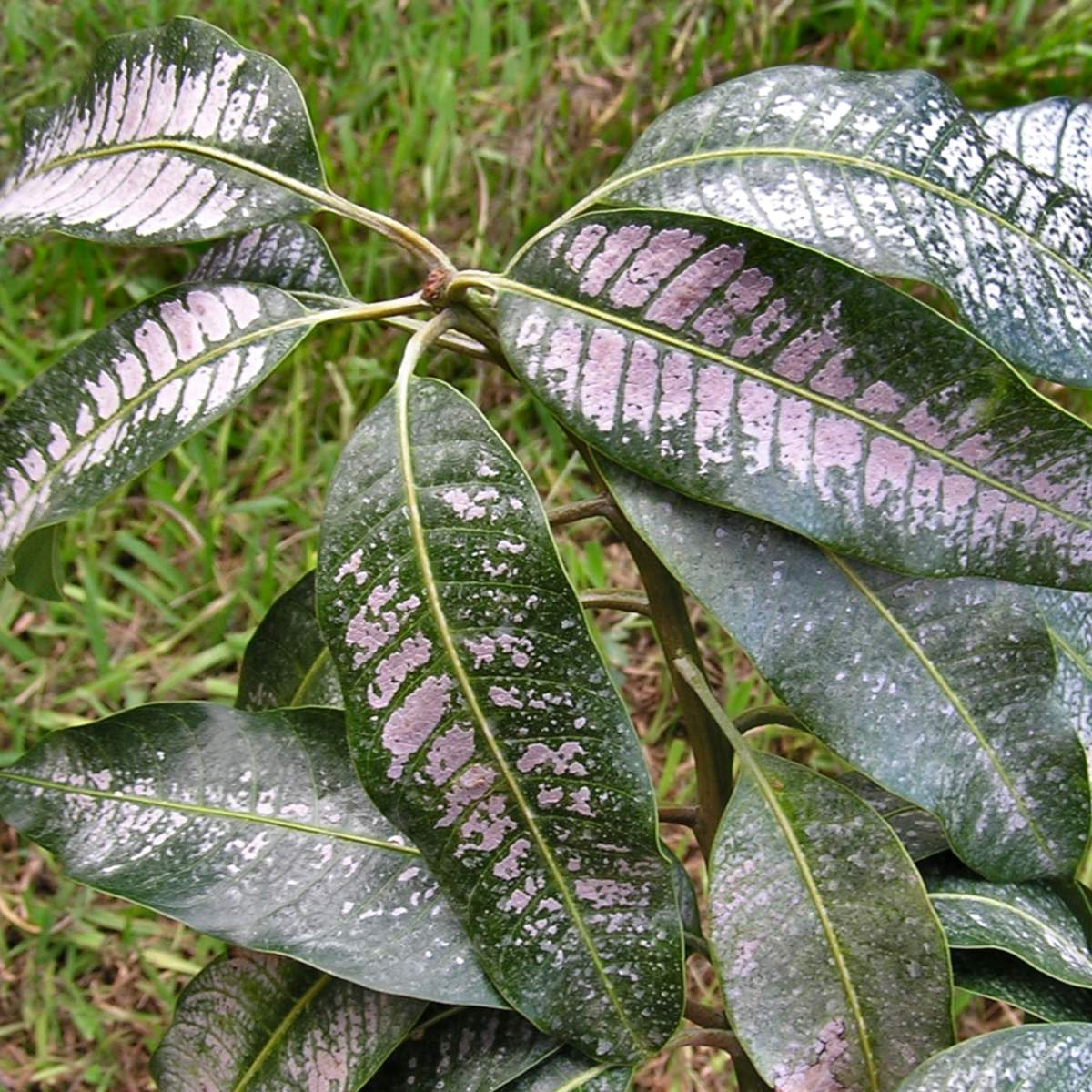



Thrips Damage To Plants Symptoms Pictures Of Thrips Caused Damage




Blueberry Vaccinium Corymbosum Silver Leaf Pacific Northwest Pest Management Handbooks




Silver Leaf Fungus Chondrostereum Purpureum On Cherry In Kirktonhall Glen West Kilbride Youtube



Silver Leaf Disease Capital Trees




Tending Squash Zucchini White Leaf Markings And Mulching For A Disease Splash Barrier Trg 15 Youtube




Silver Leaf Of Almond Another Heart Wood Rotter The Almond Doctor



Silver Birch Leaf Problem c Gardeners World Magazine



Silver Leaf Ontario Appleipm




Pilea Houseplants Tips For Taking Care Of A Pilea Aluminum Plant
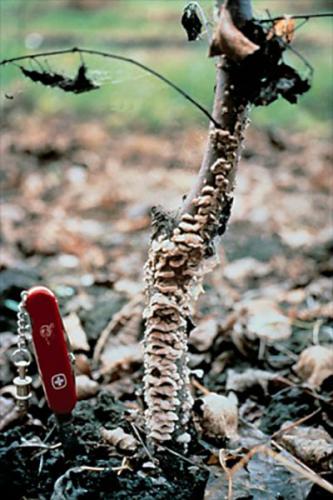



Silver Leaf Of Tree Fruits Msu Extension




Cherry Prunus Spp Silver Leaf Pacific Northwest Pest Management Handbooks
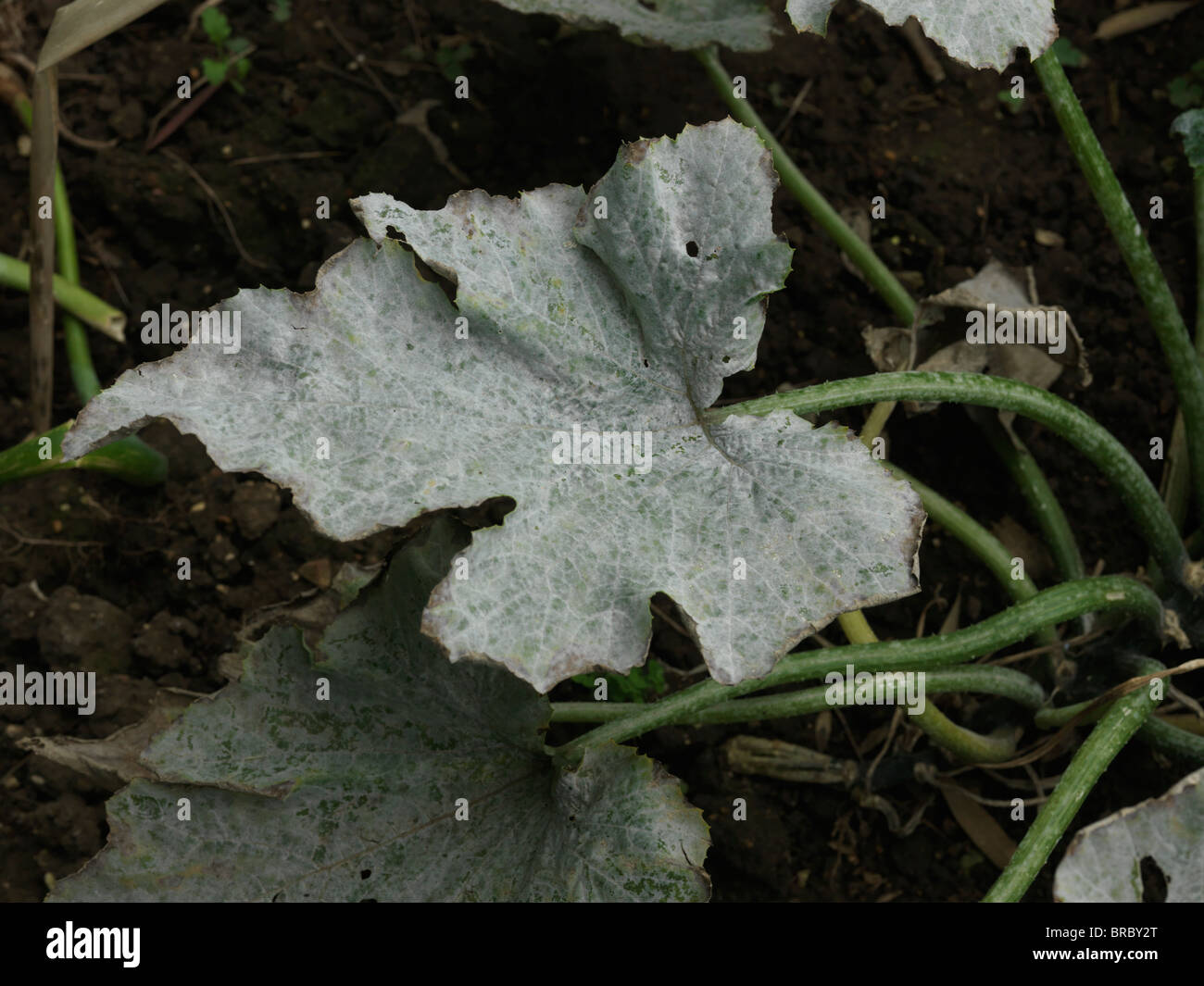



Silver Leaf Disease High Resolution Stock Photography And Images Alamy




Rhytisma Acerinum Wikipedia
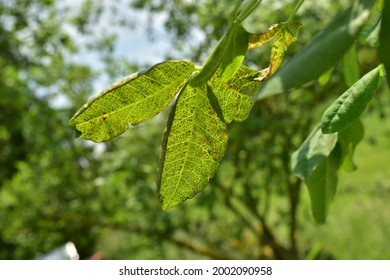



Silver Leaf Fungus Images Stock Photos Vectors Shutterstock



Silver Leaf Ontario Appleipm



0 件のコメント:
コメントを投稿